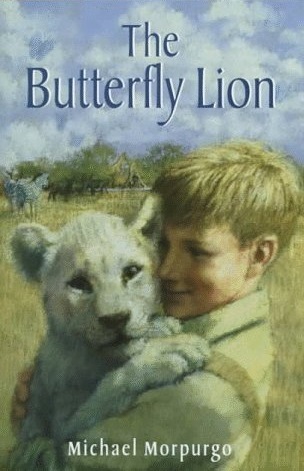

A lyrical and moving tale of a young boy growing up in Africa, and his lifelong friendship with a white lion. “All my life I’ll think of you, I promise I will. I won’t ever forget you.” Bertie rescues an orphaned white lion cub from the African veld. They are inseparable until Bertie is sent to boarding school far away in England and the lion is sold to a circus. Bertie swears that one day they will see one another again, but it is the butterfly lion which ensures that their friendship will never be forgotten.
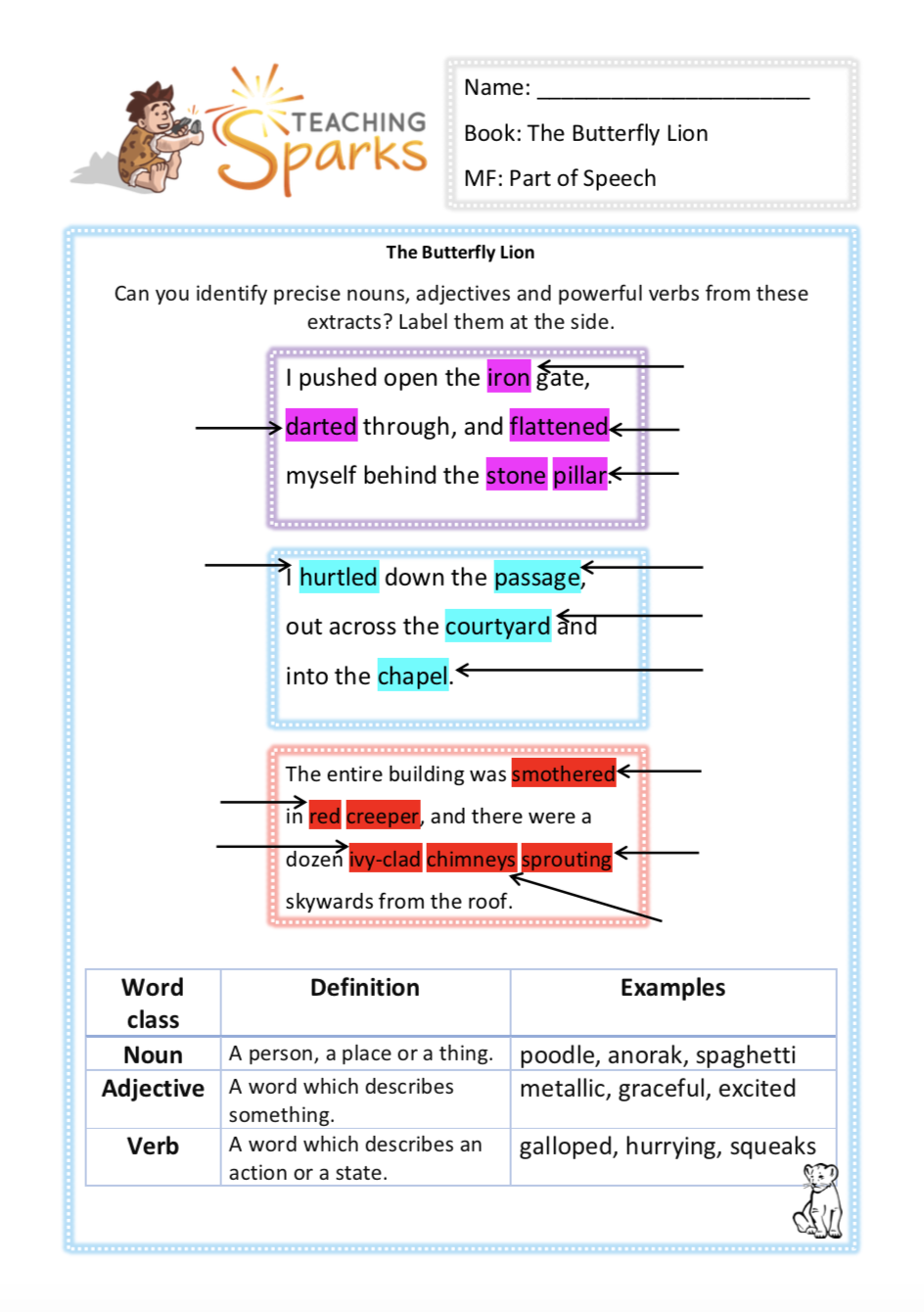
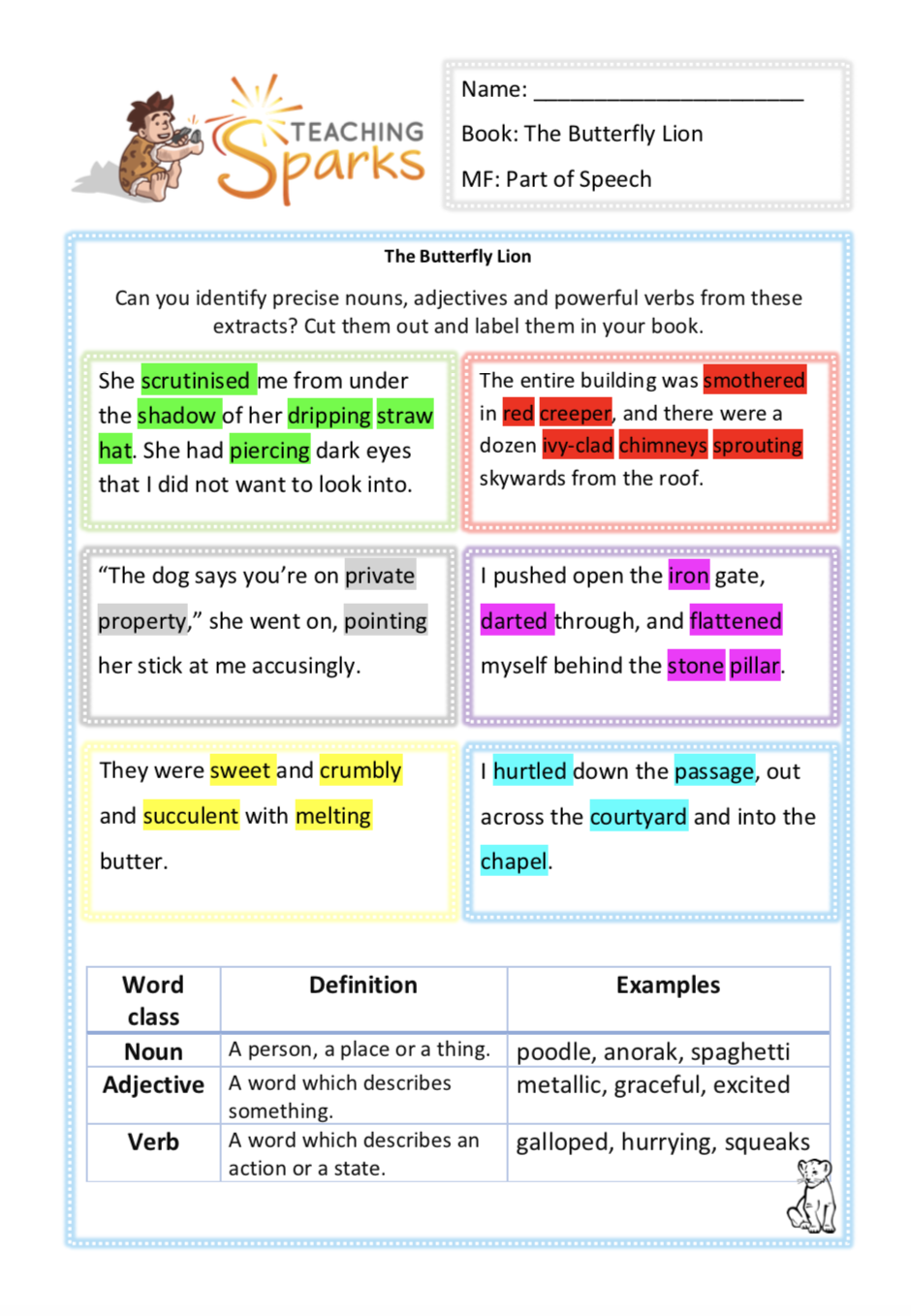
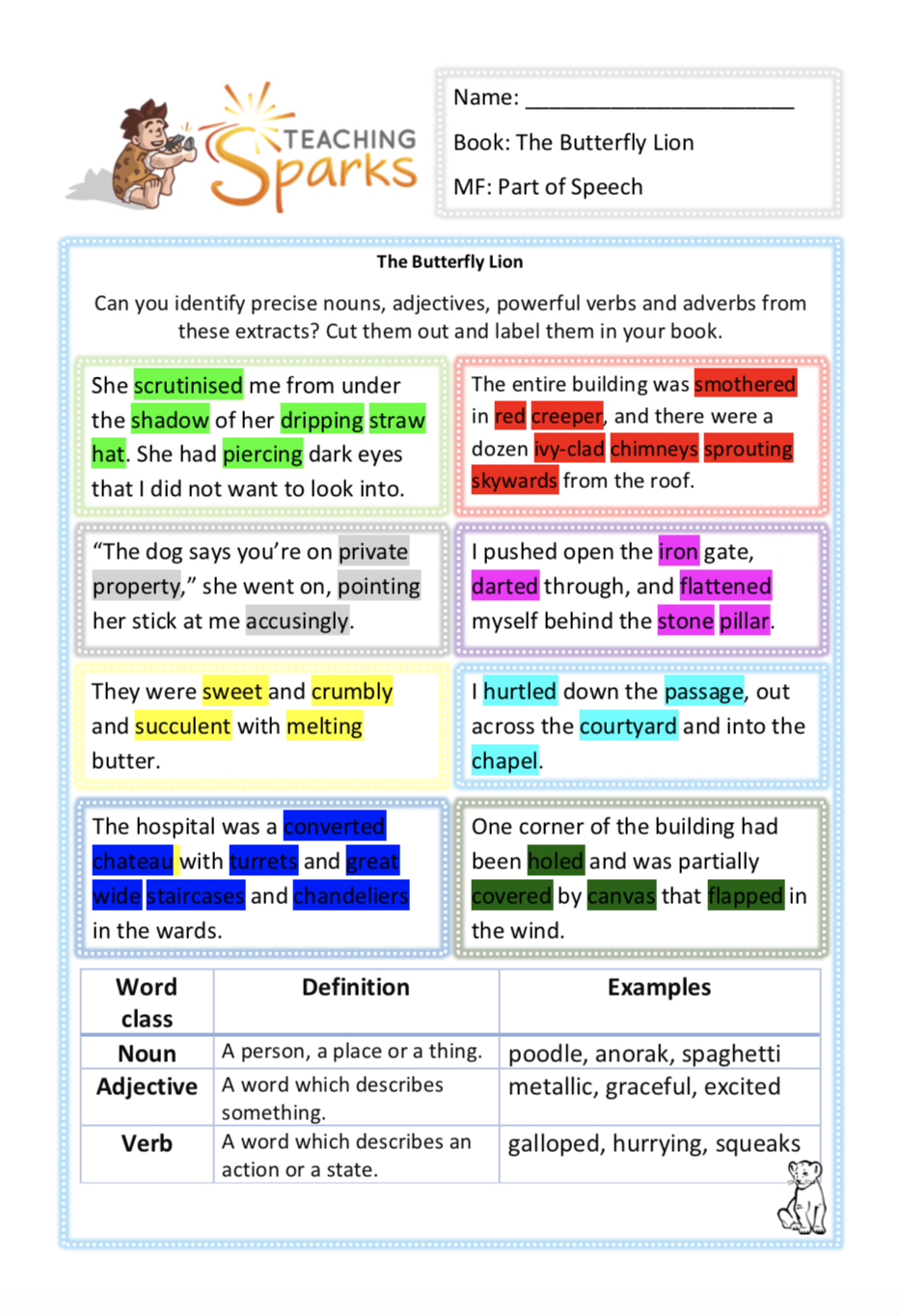
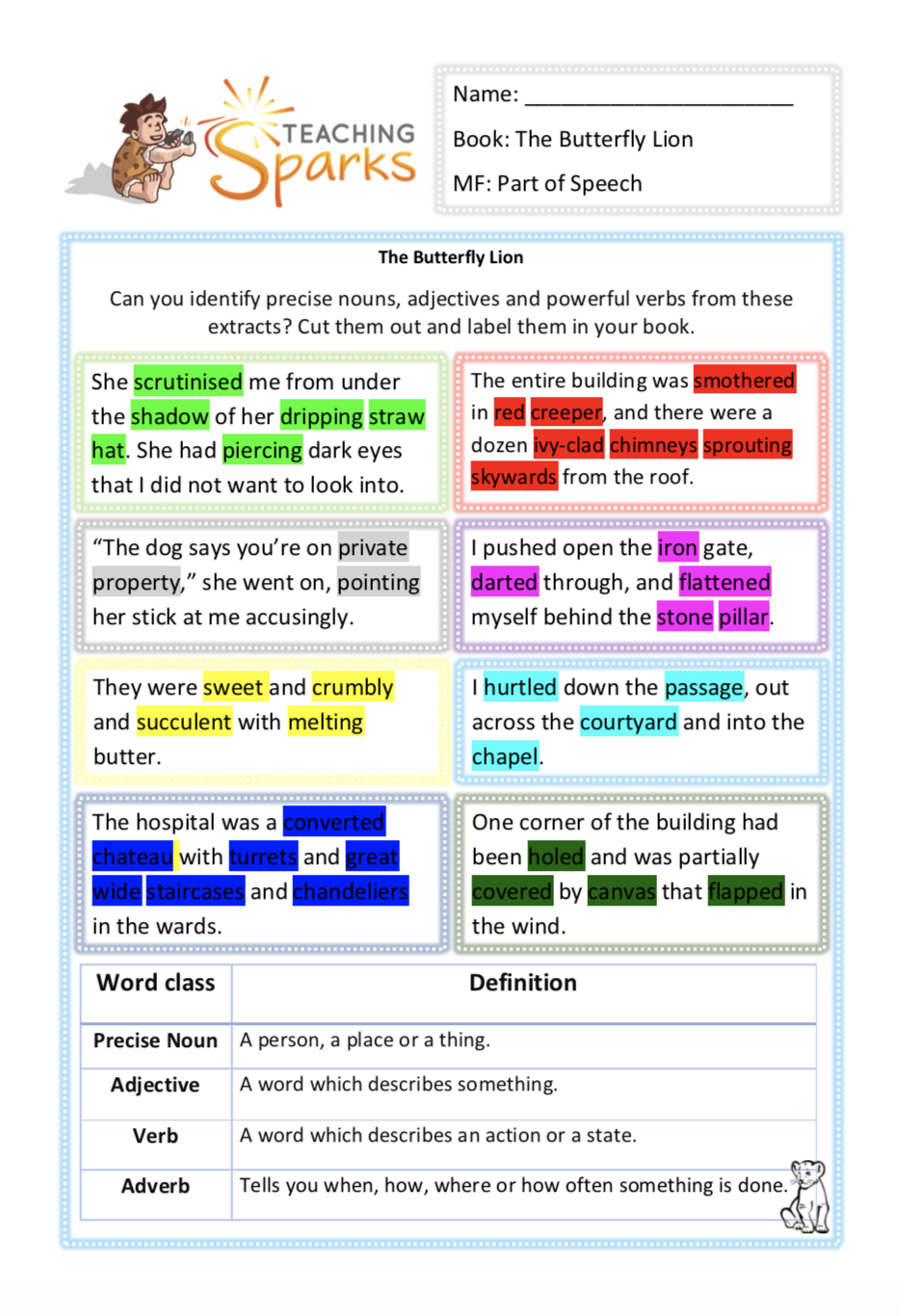
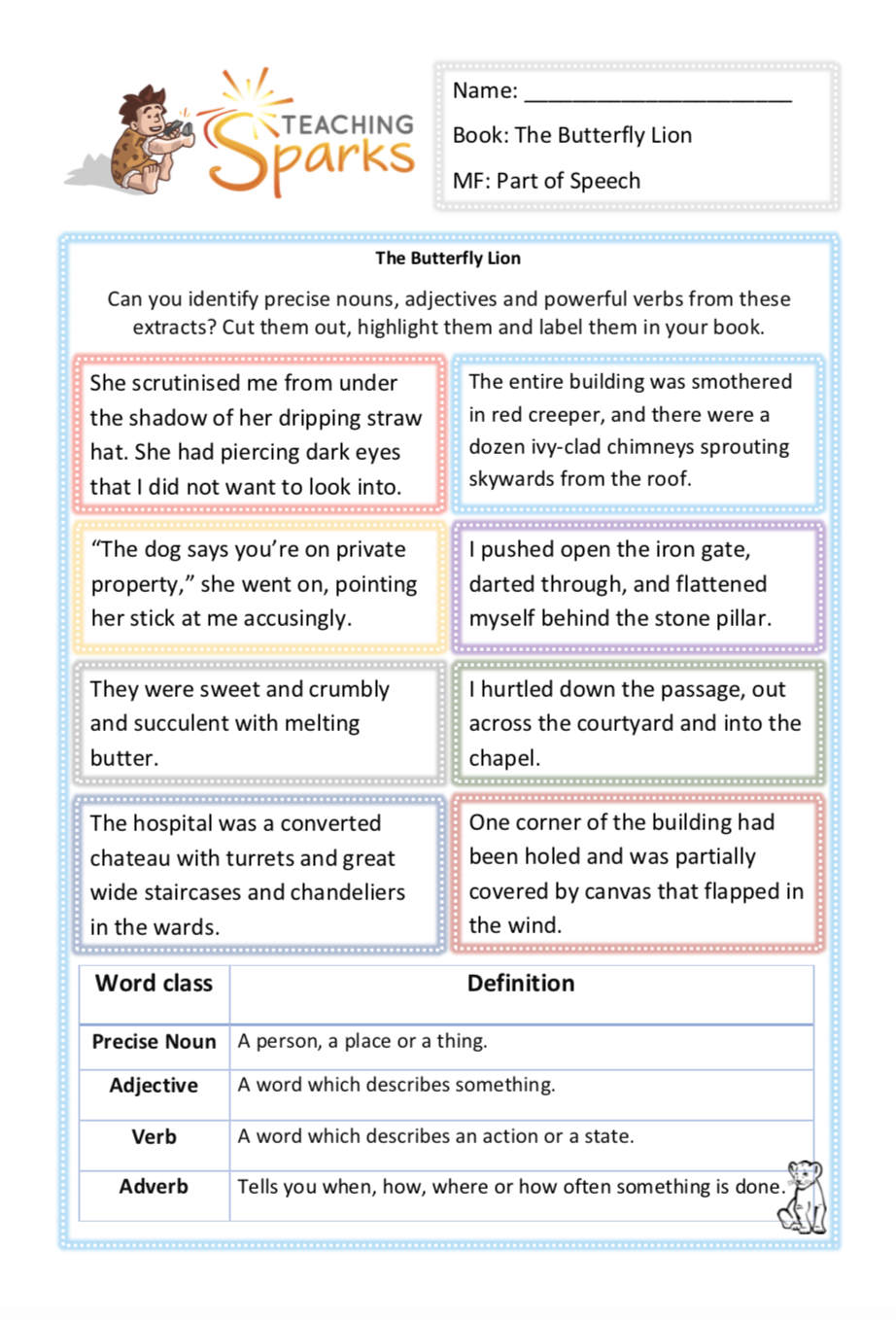
In this pack your KS2 class are challenged to identify the categories of the words from the passages taken from the story. Your class will identify: Nouns, Precise nouns, Adjectives, Verbs and Adverbs depending of which resource they are given. This resource has been differentiated five ways.
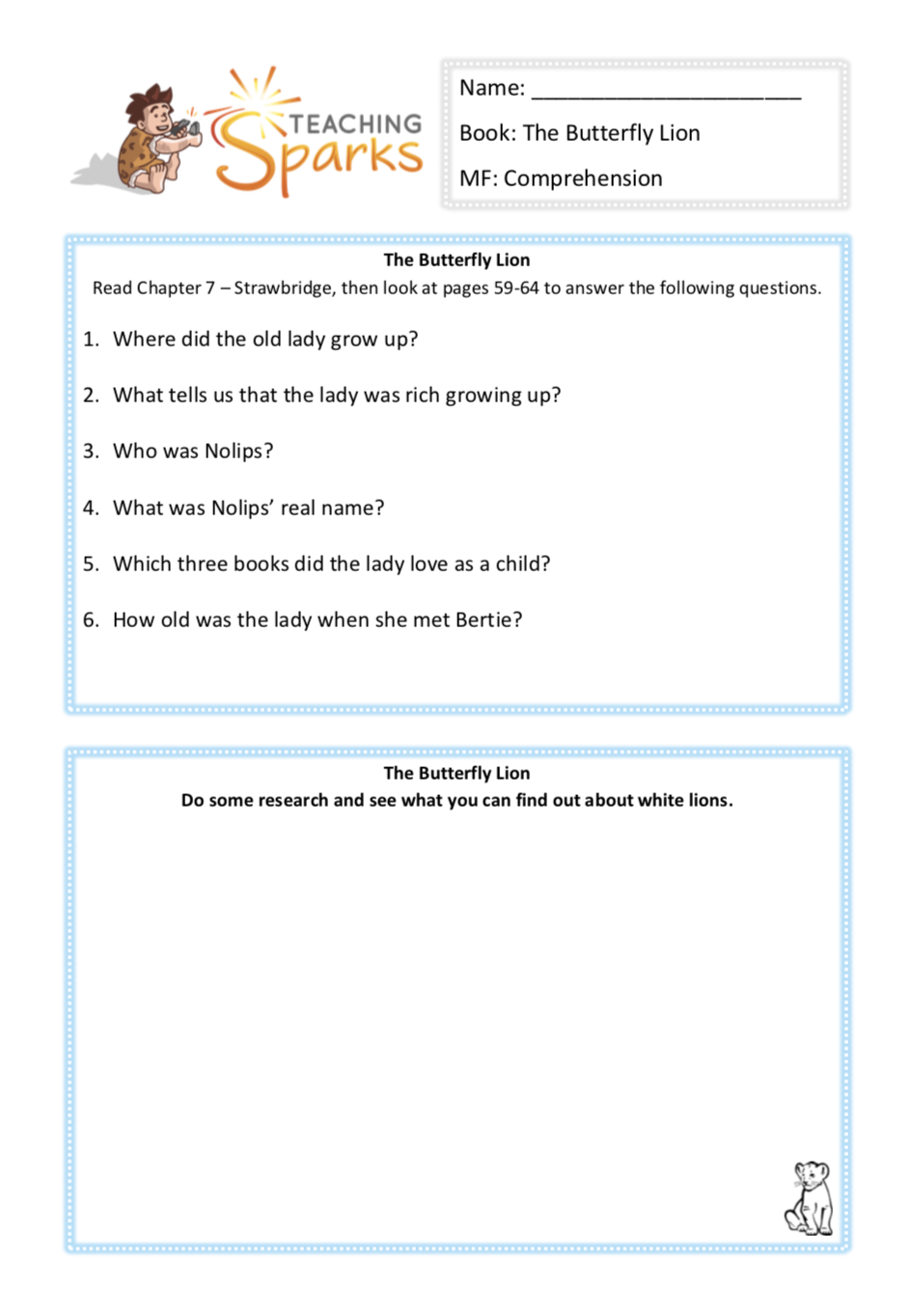
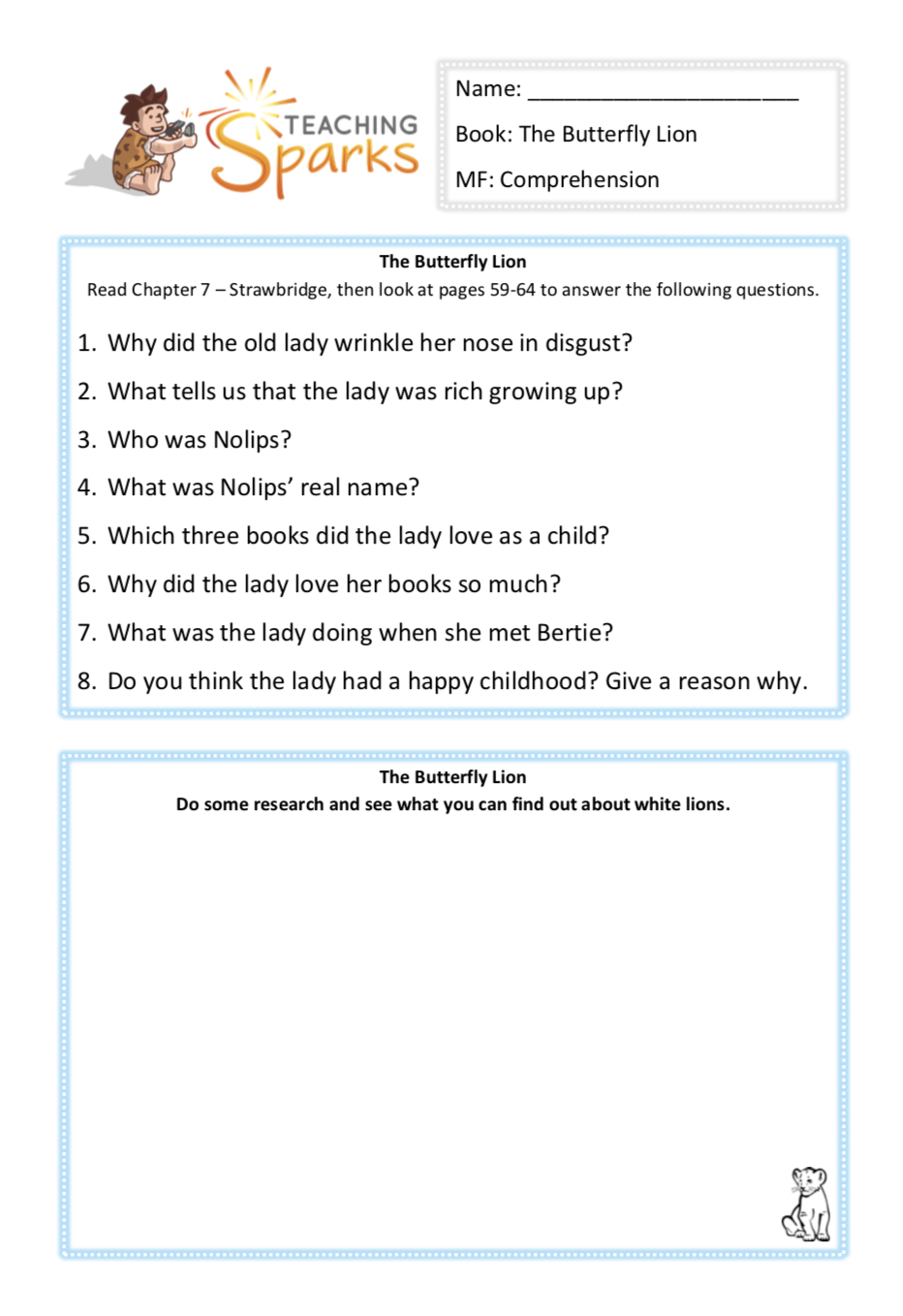
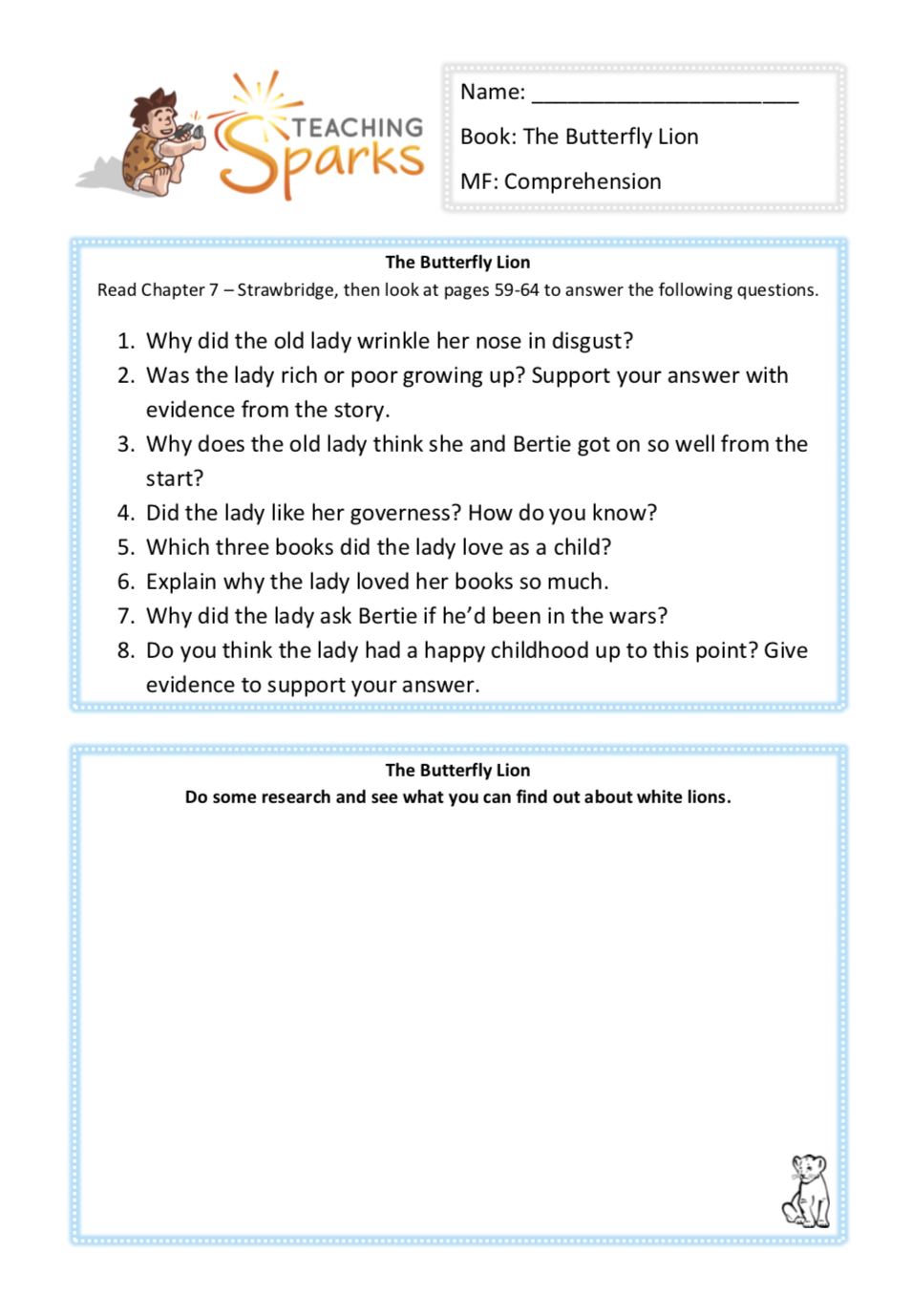
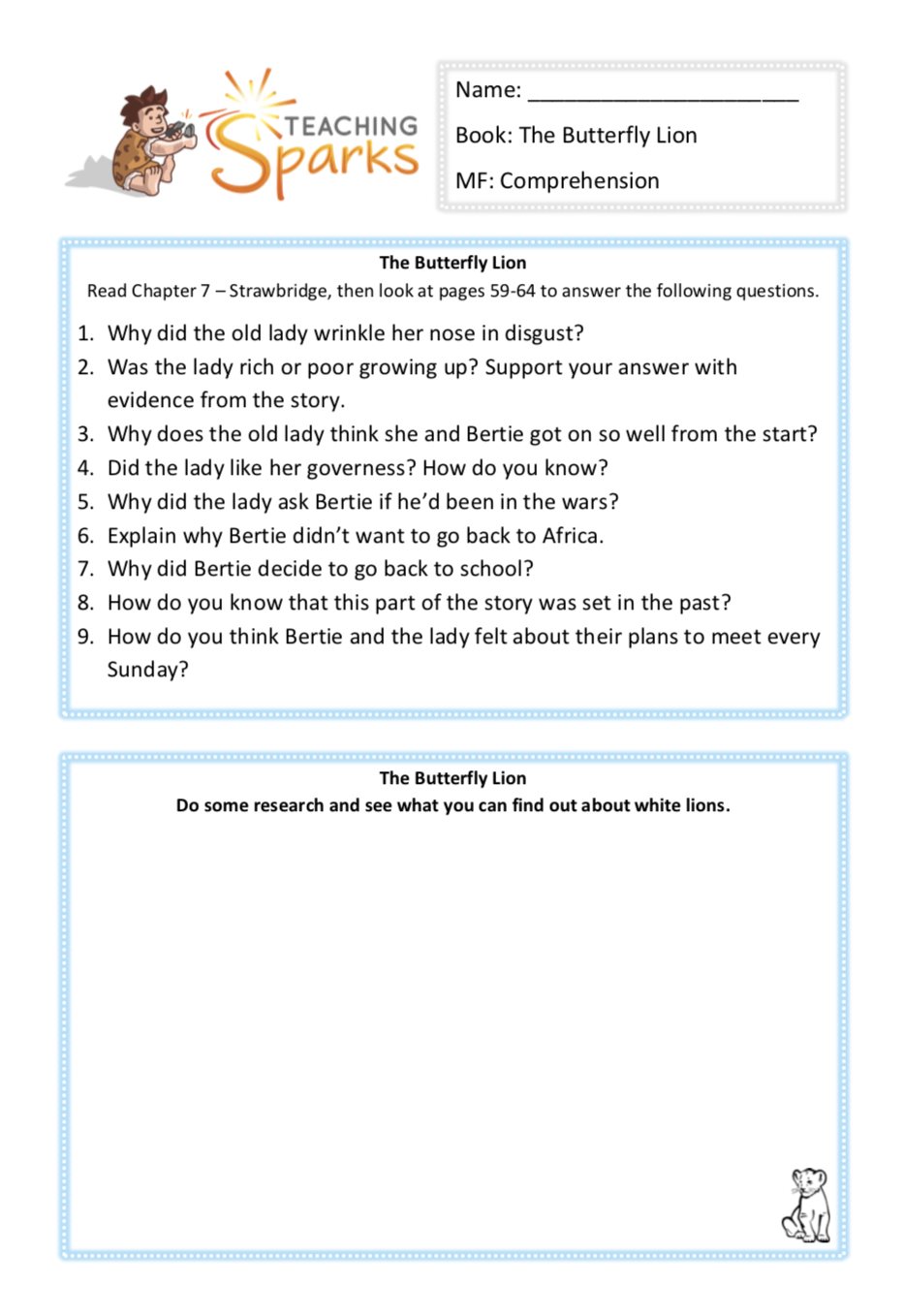
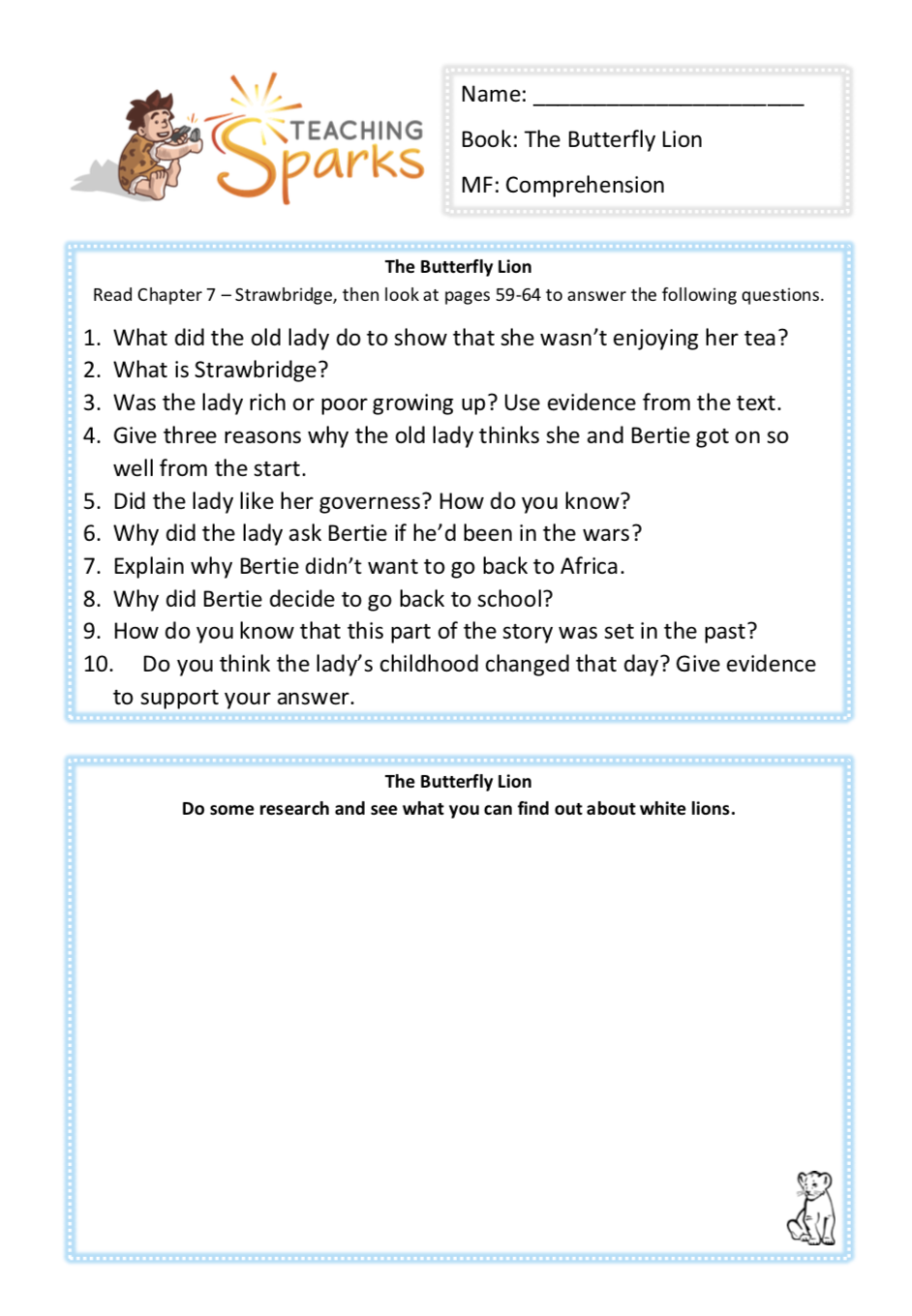
This pack focuses on Chapter 7 – Strawbridge and uses pages 59-64 for the answers. This resource, which is differentiated five ways, covers a range of questions to help your children think more and delve deeper into the story. You will see the style of questions your children are confident with and the areas you can work on as a class.
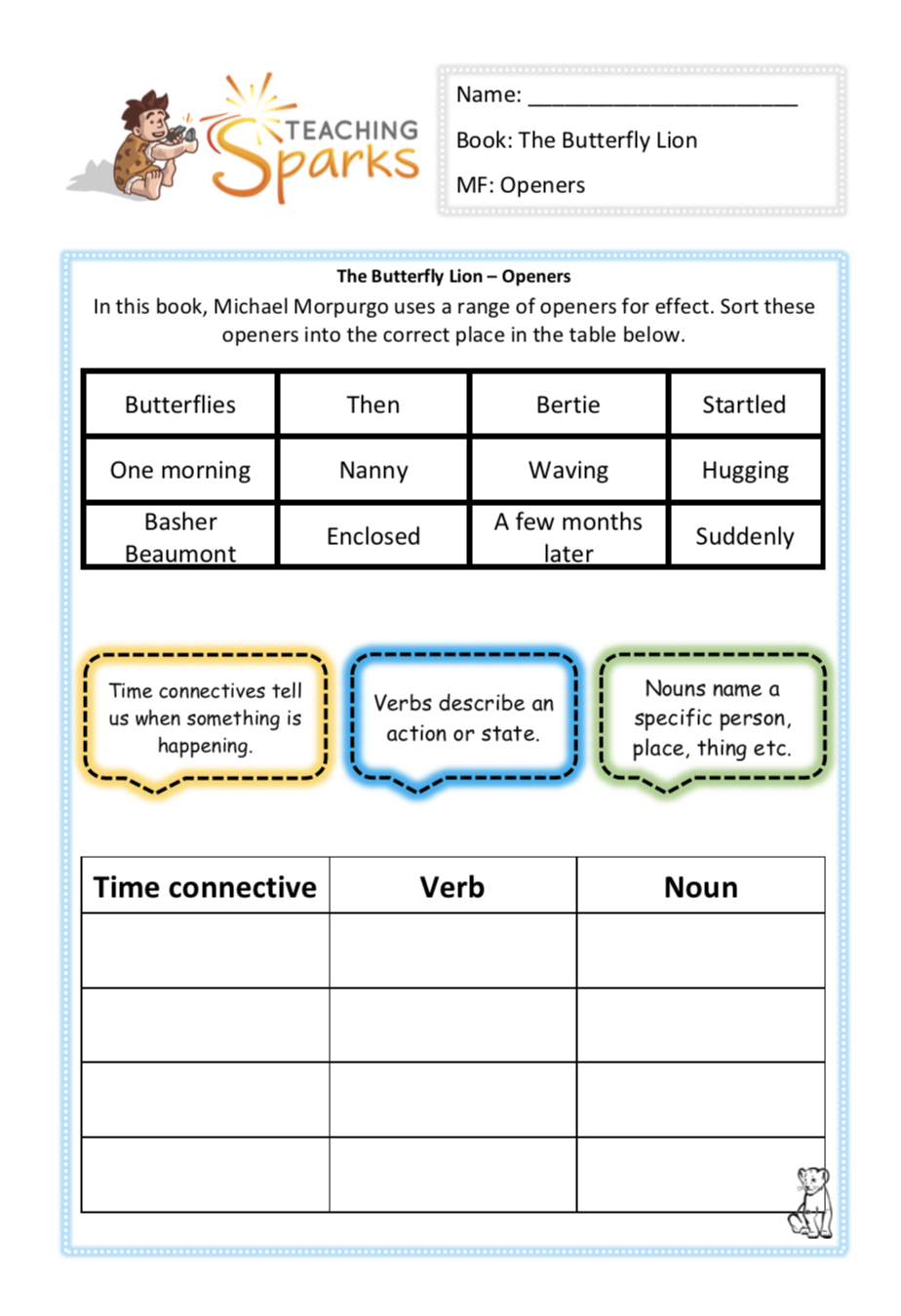
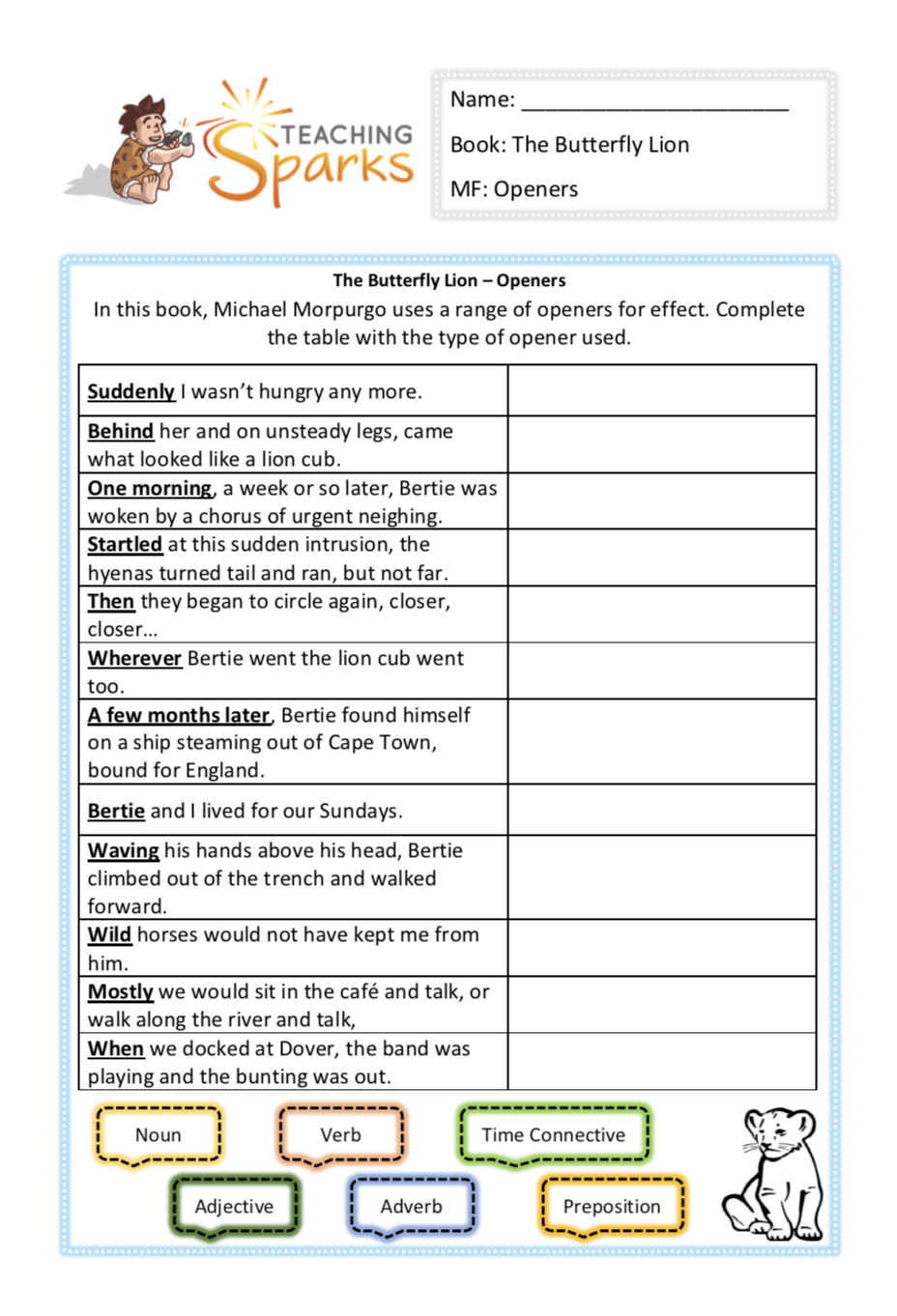
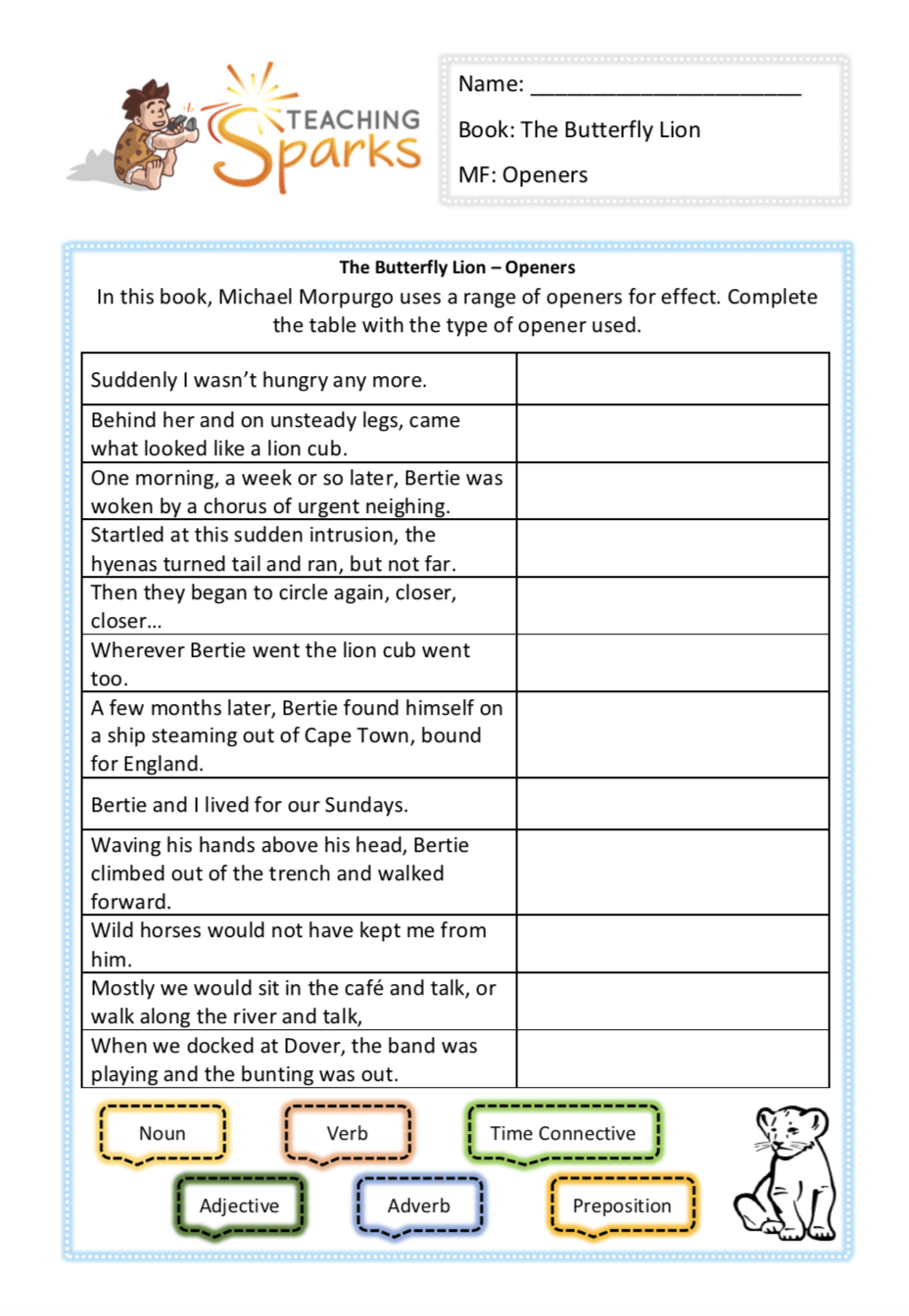
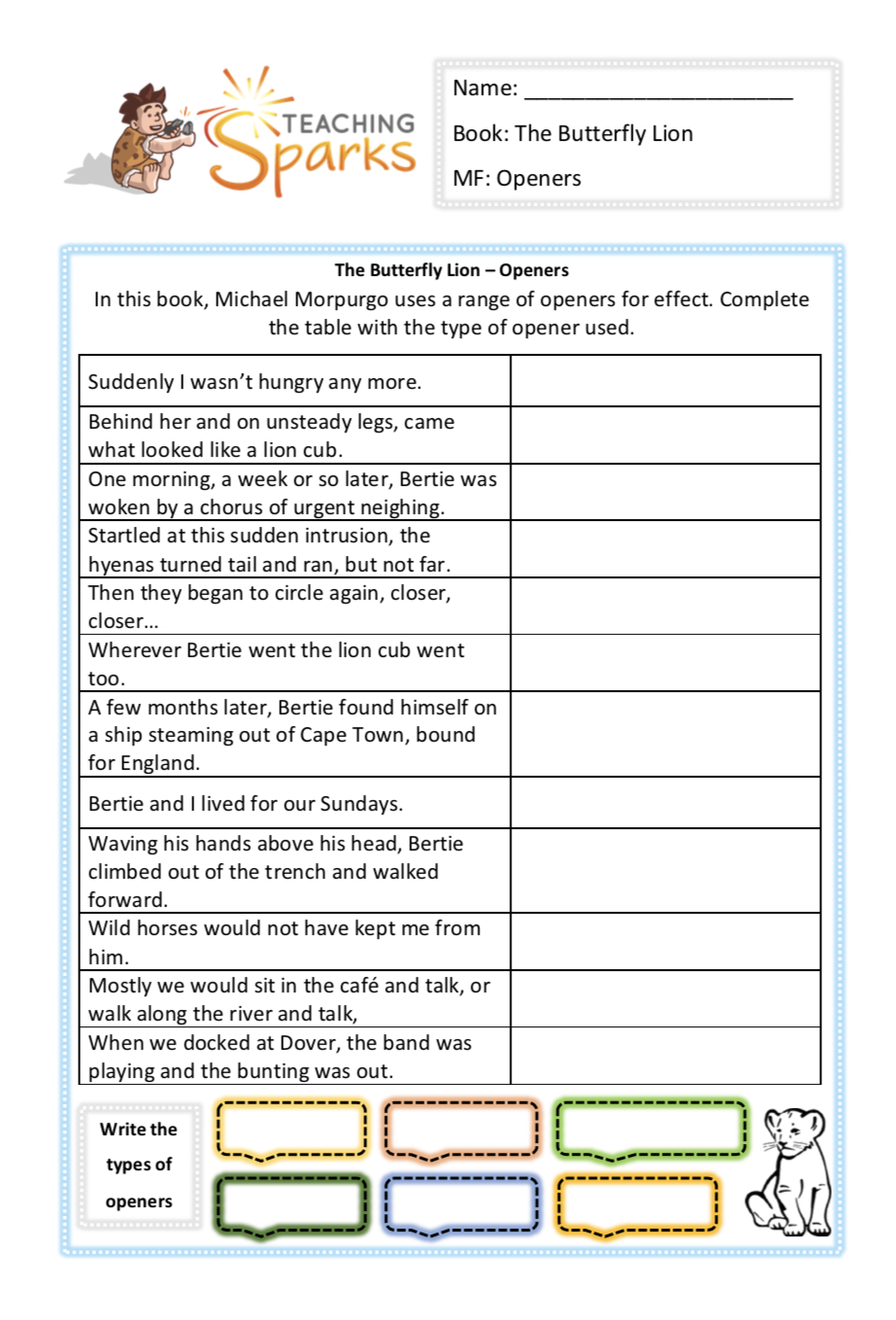
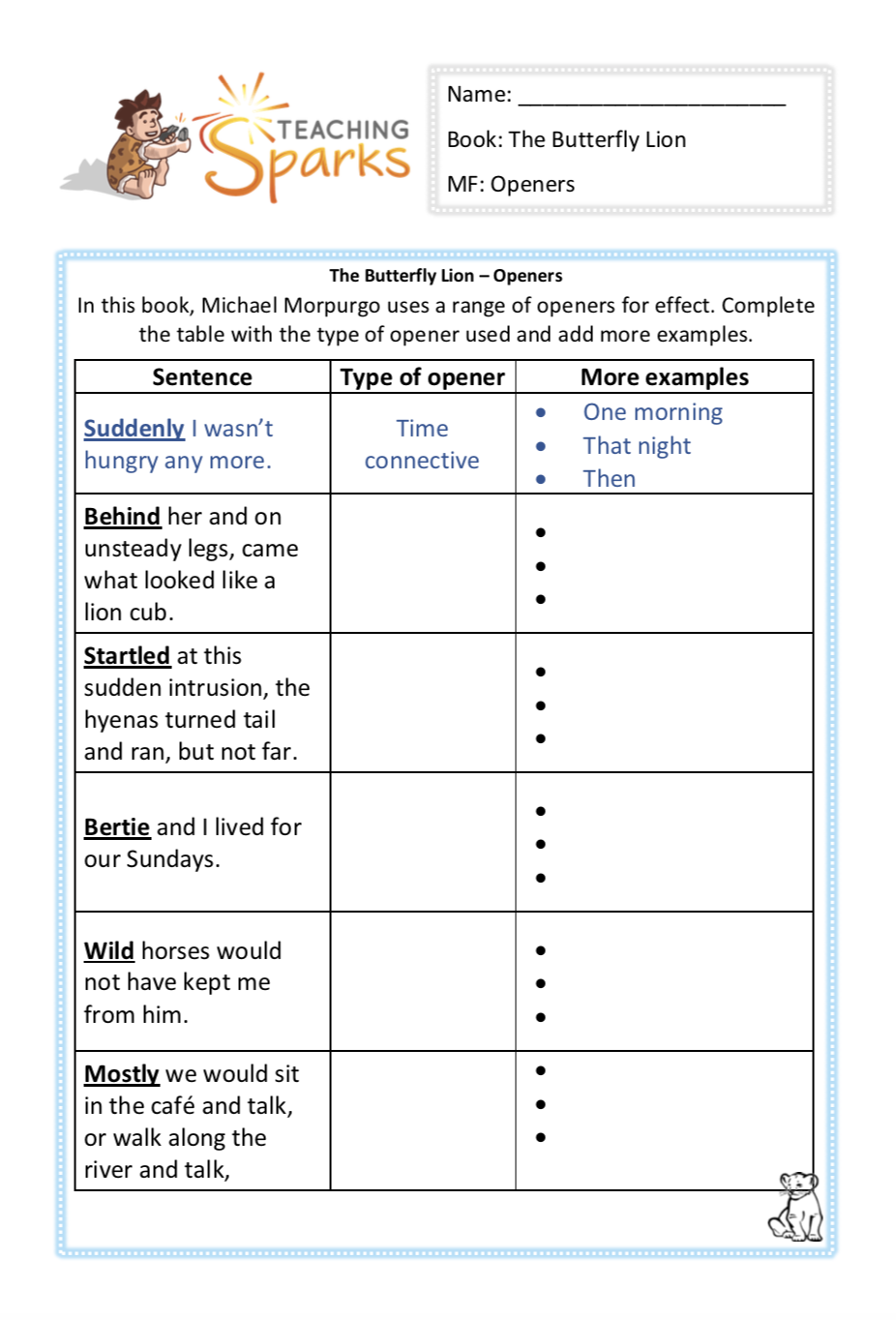
This resource pack explores how Michael Morpurgo has used different openers throughout the story. Openers help children improve the structure and variety of their sentences, but also it is important to understand that an opener can be used for effect.
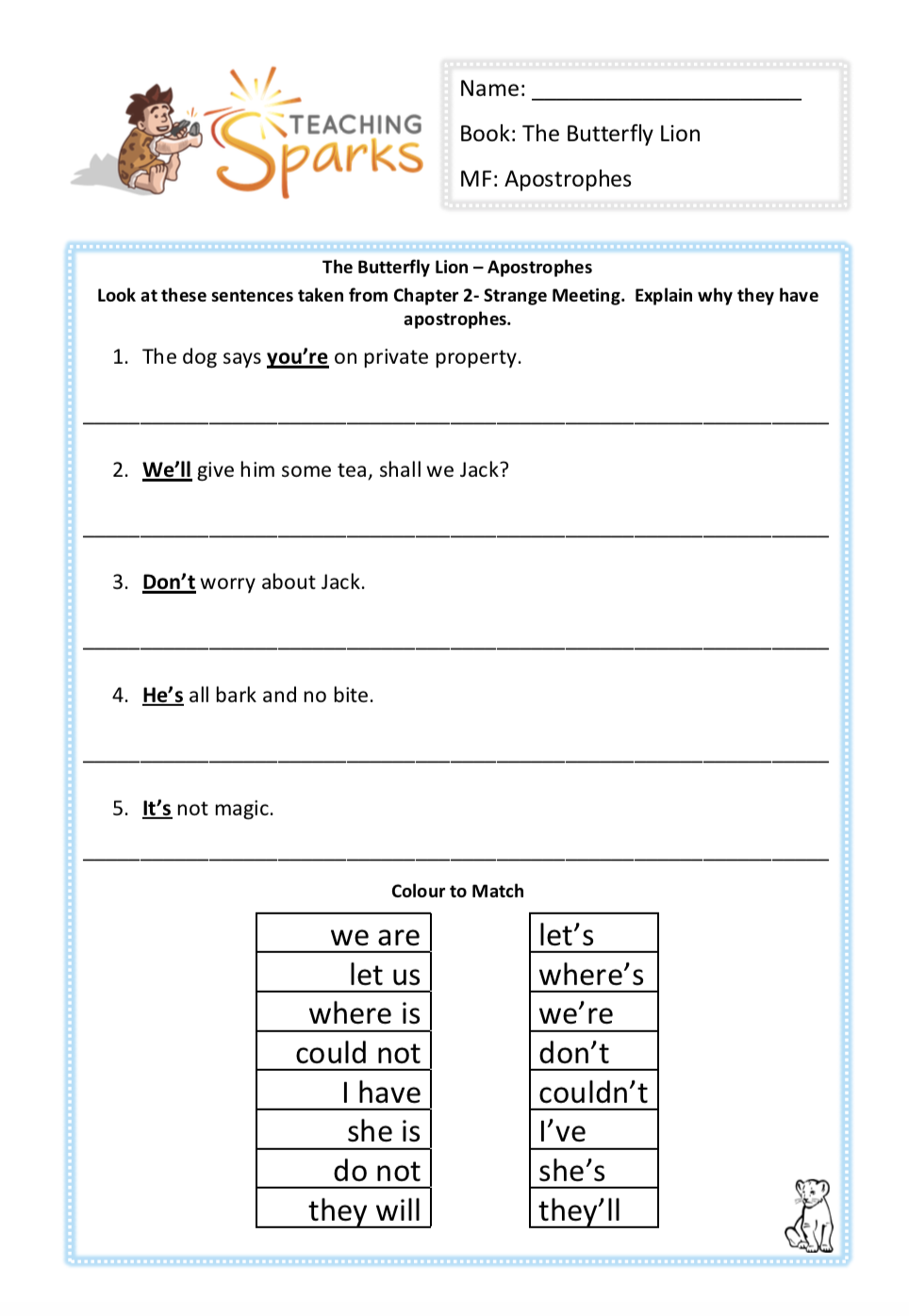
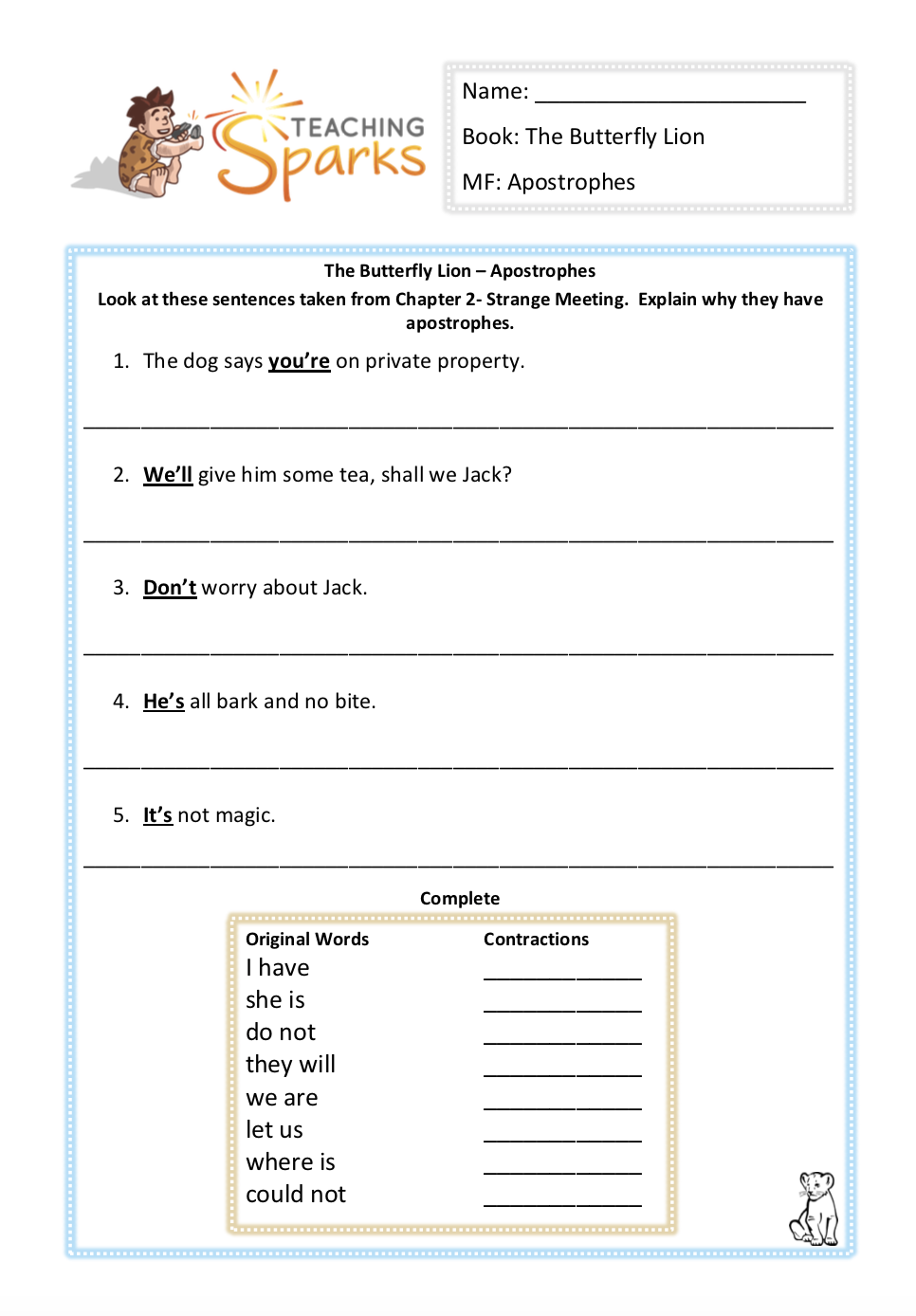
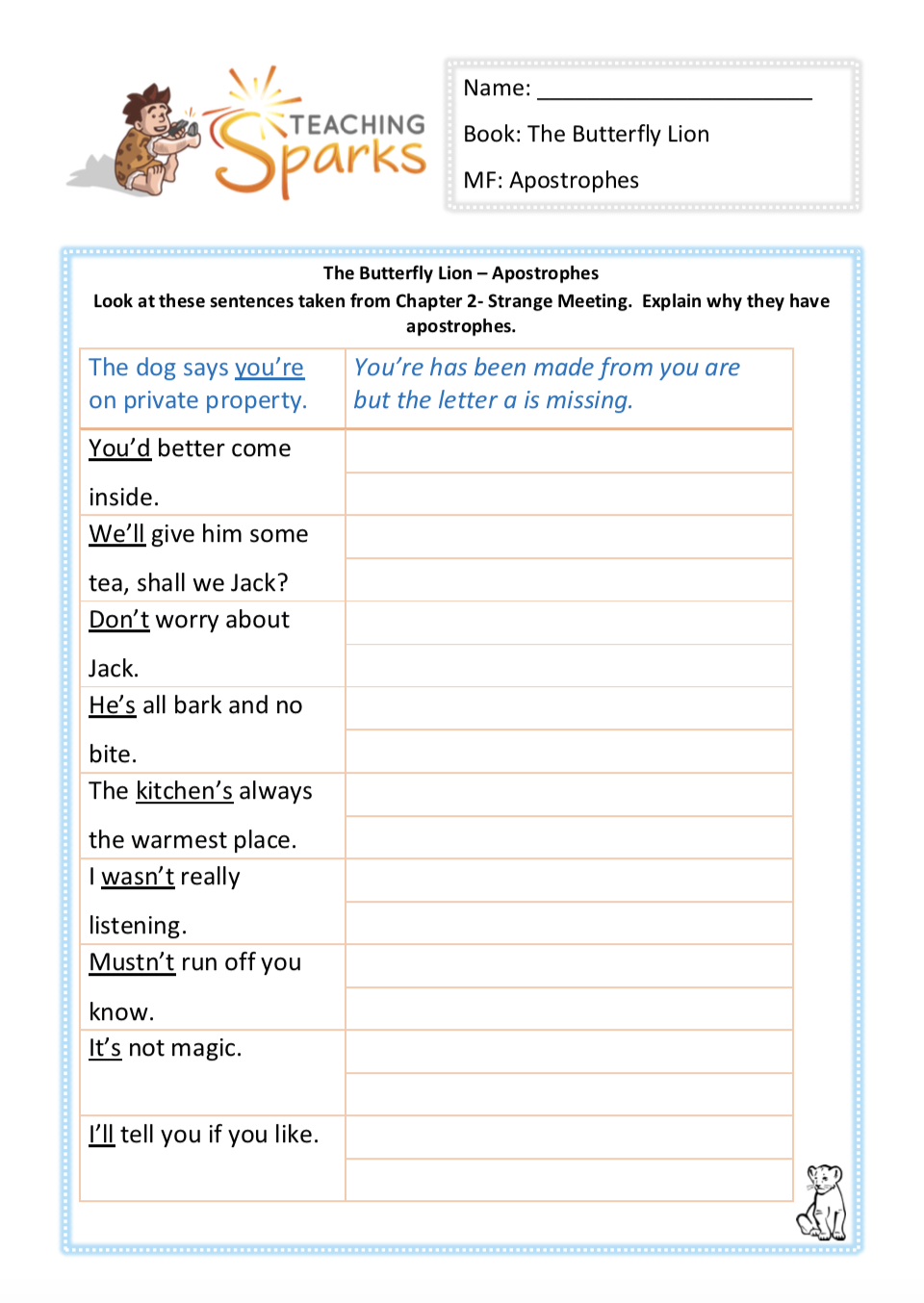
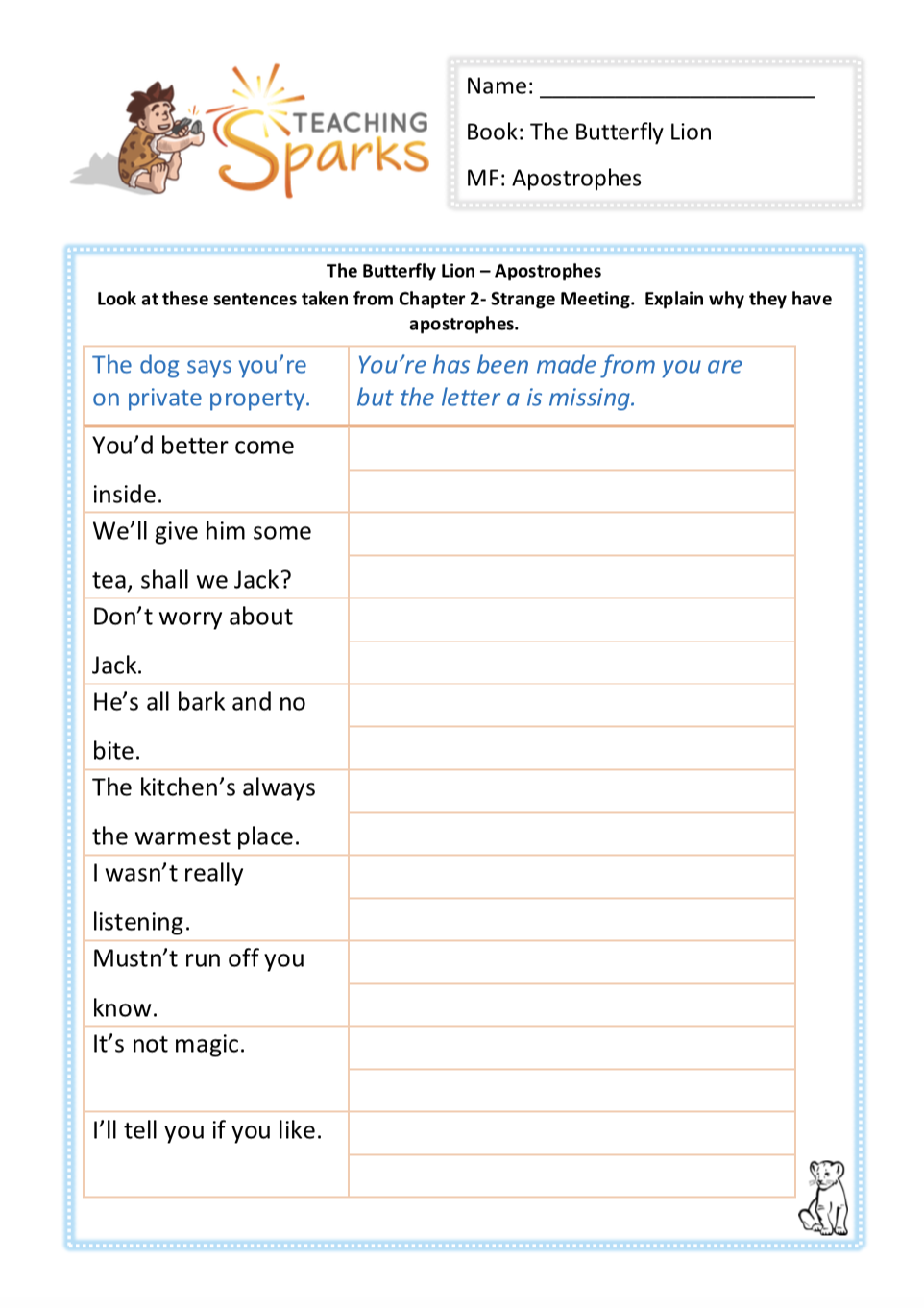
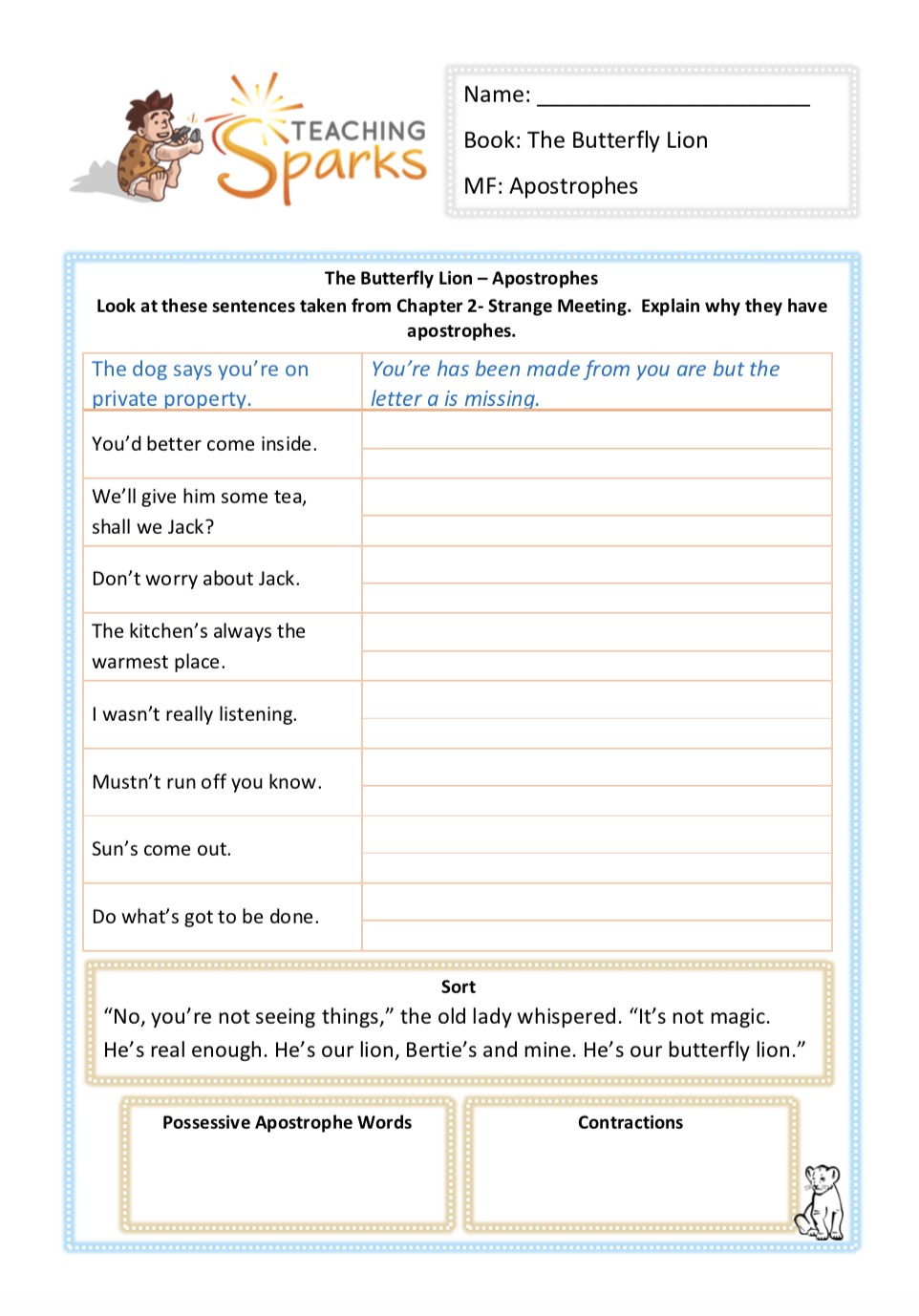
This activity focuses on apostrophes in words which form contractions. Your class will be encouraged to explain why an apostrophe has been used and recognise the original two words that are joined to form the contractions. In the most challenging resource, your class are challenged to explain the use of the apostrophe and differentiate between possessive use of an apostrophe and contractions.
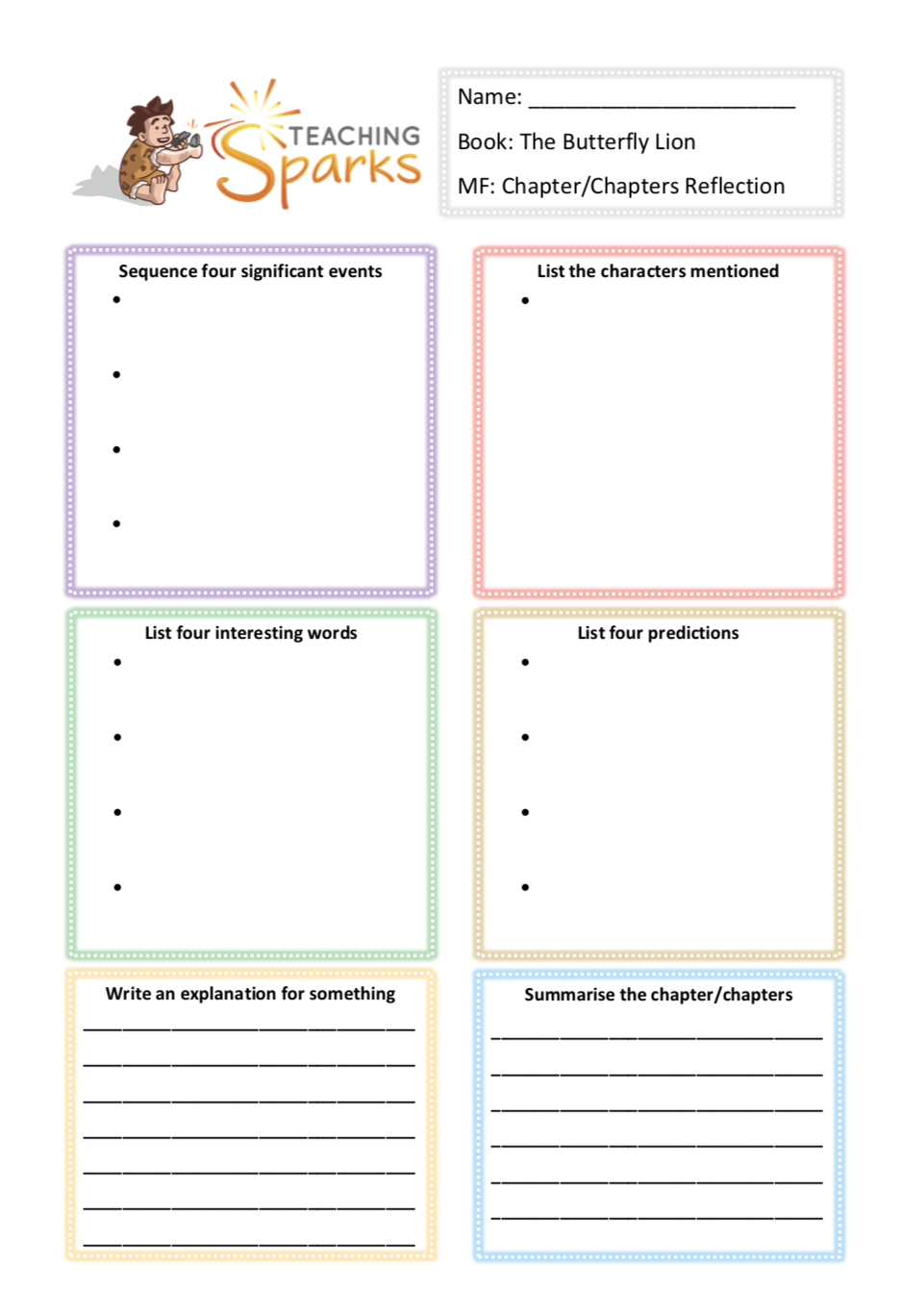
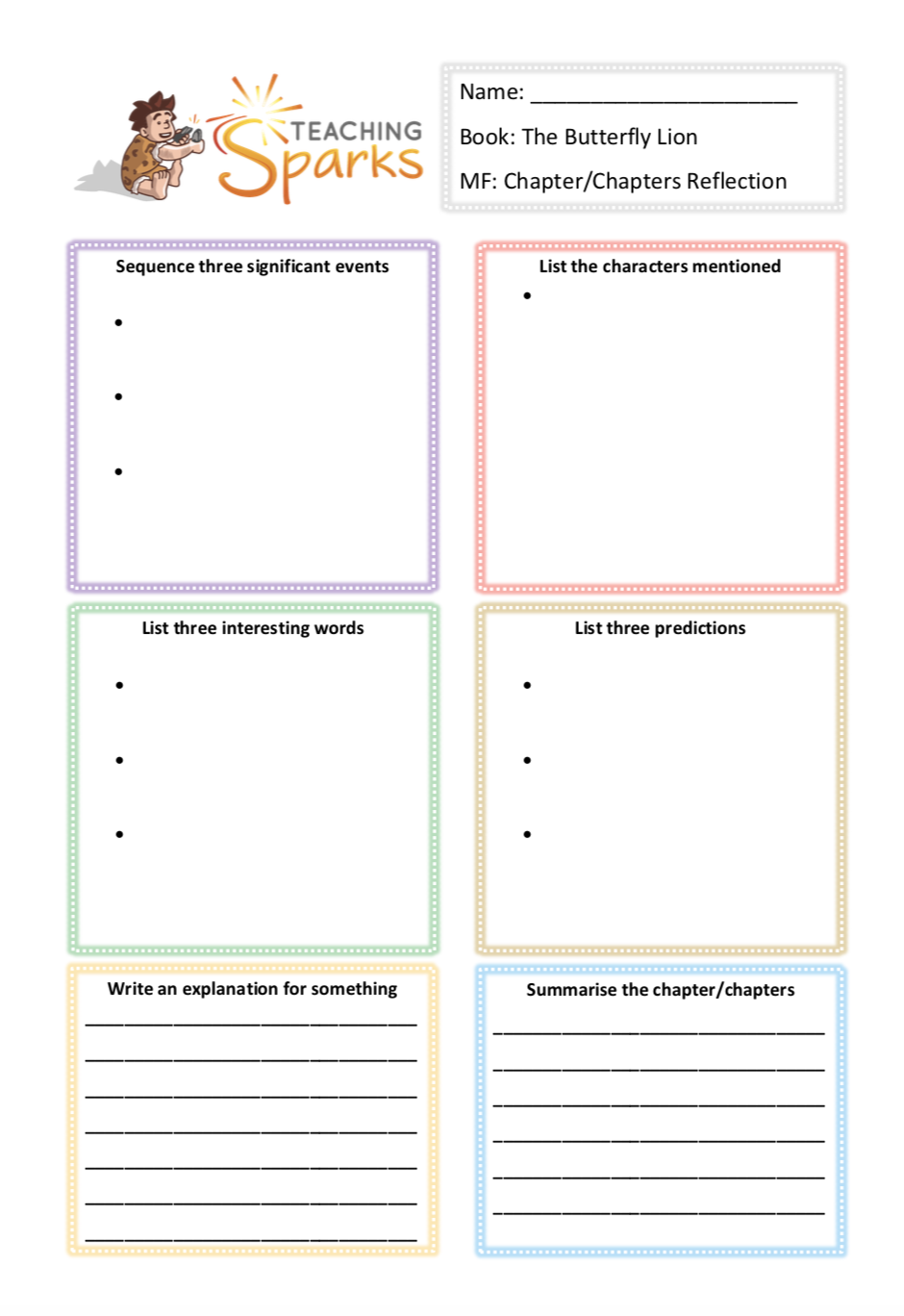
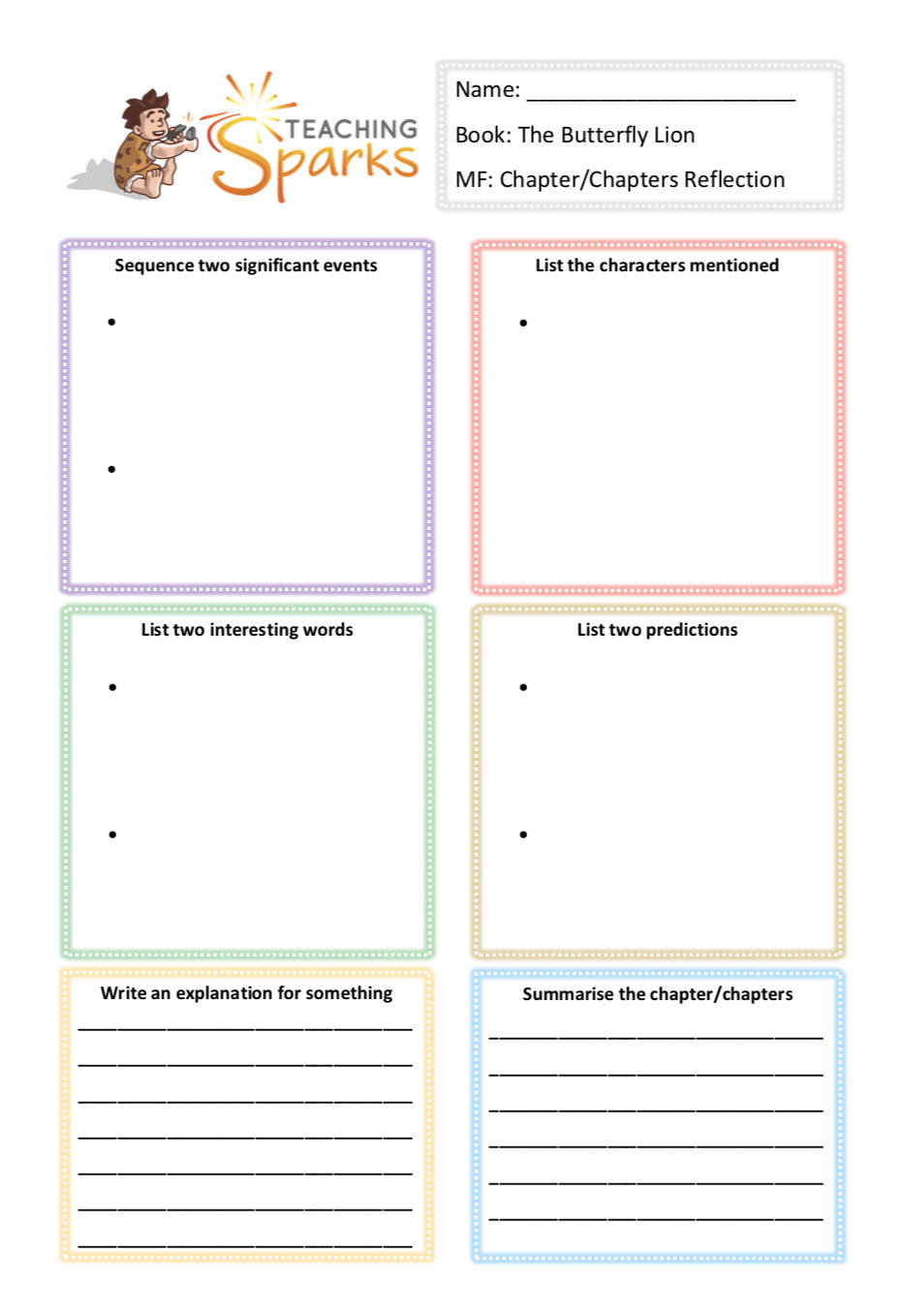
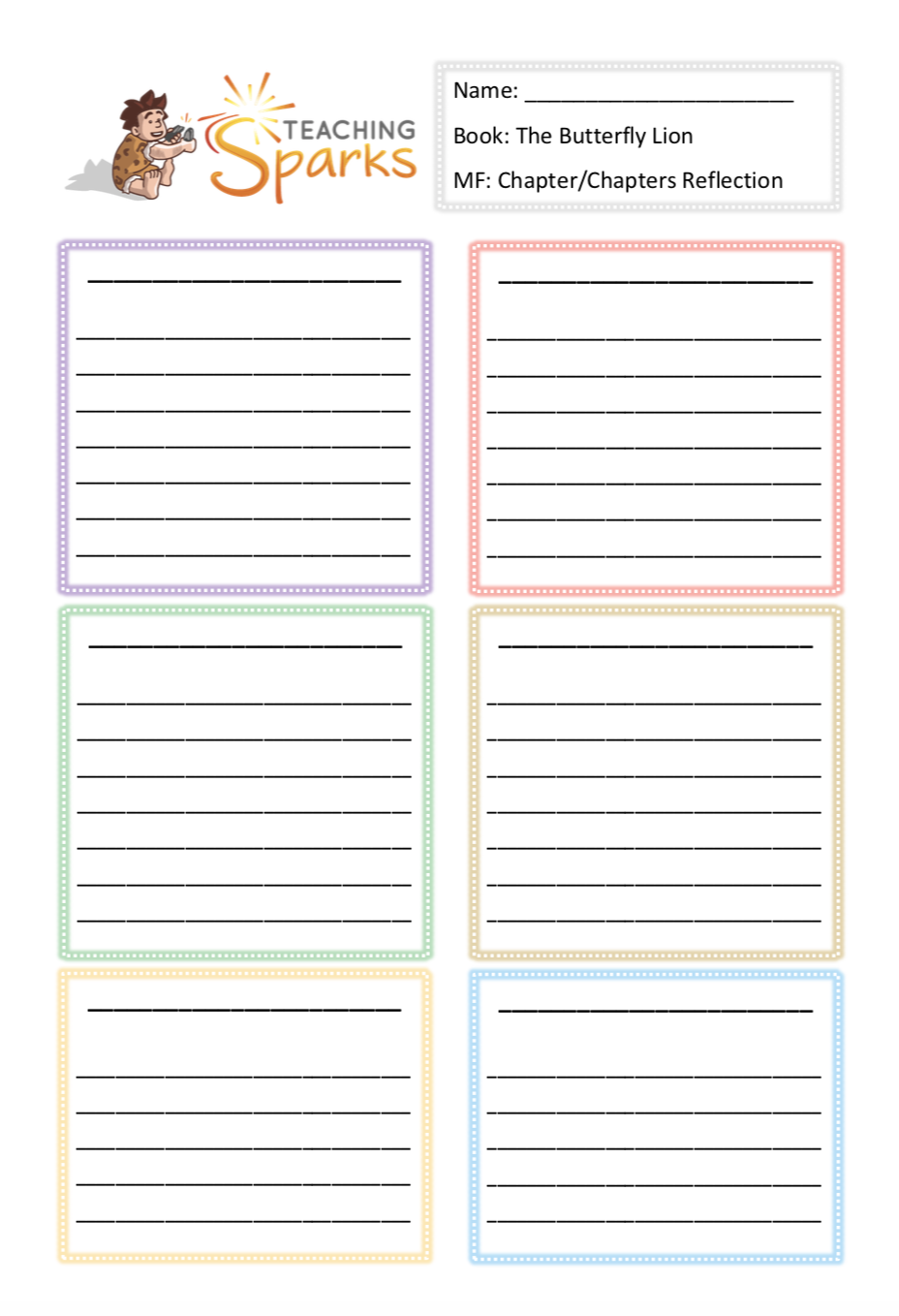
This resource helps you assess what your children are absorbing in the chapters of the story. The children can complete this activity whilst they go along or at the end of the chapter/ chapters.
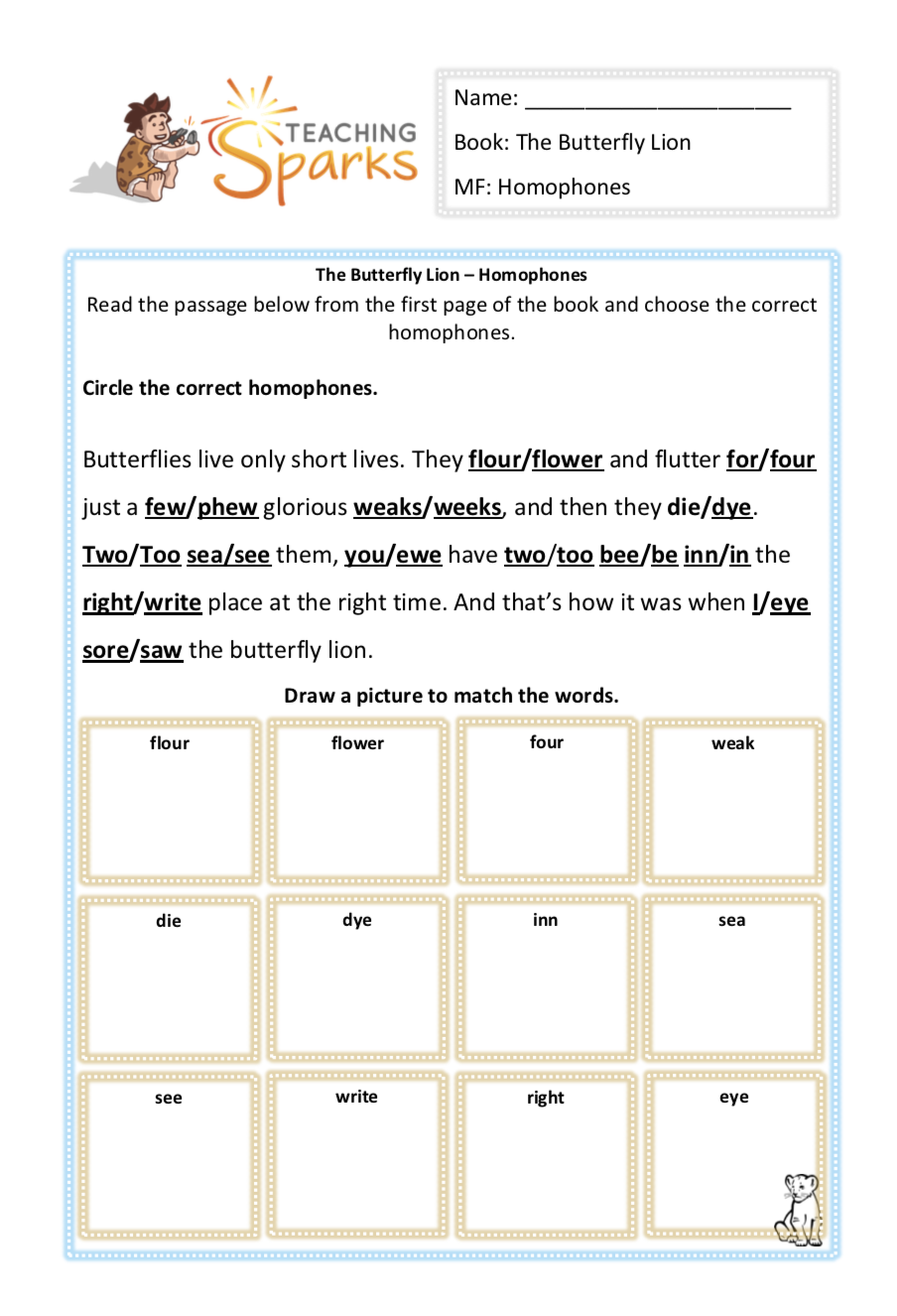
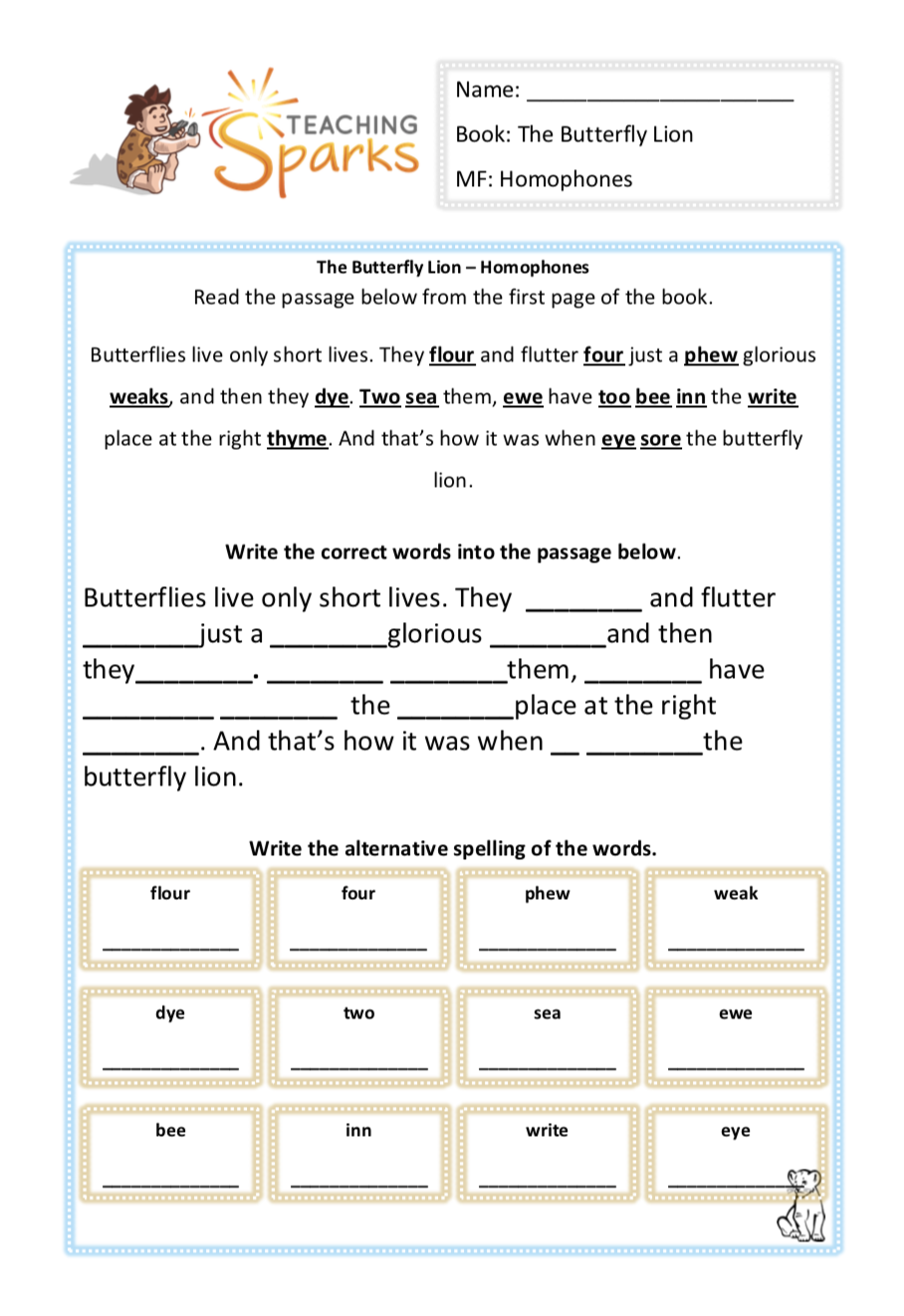
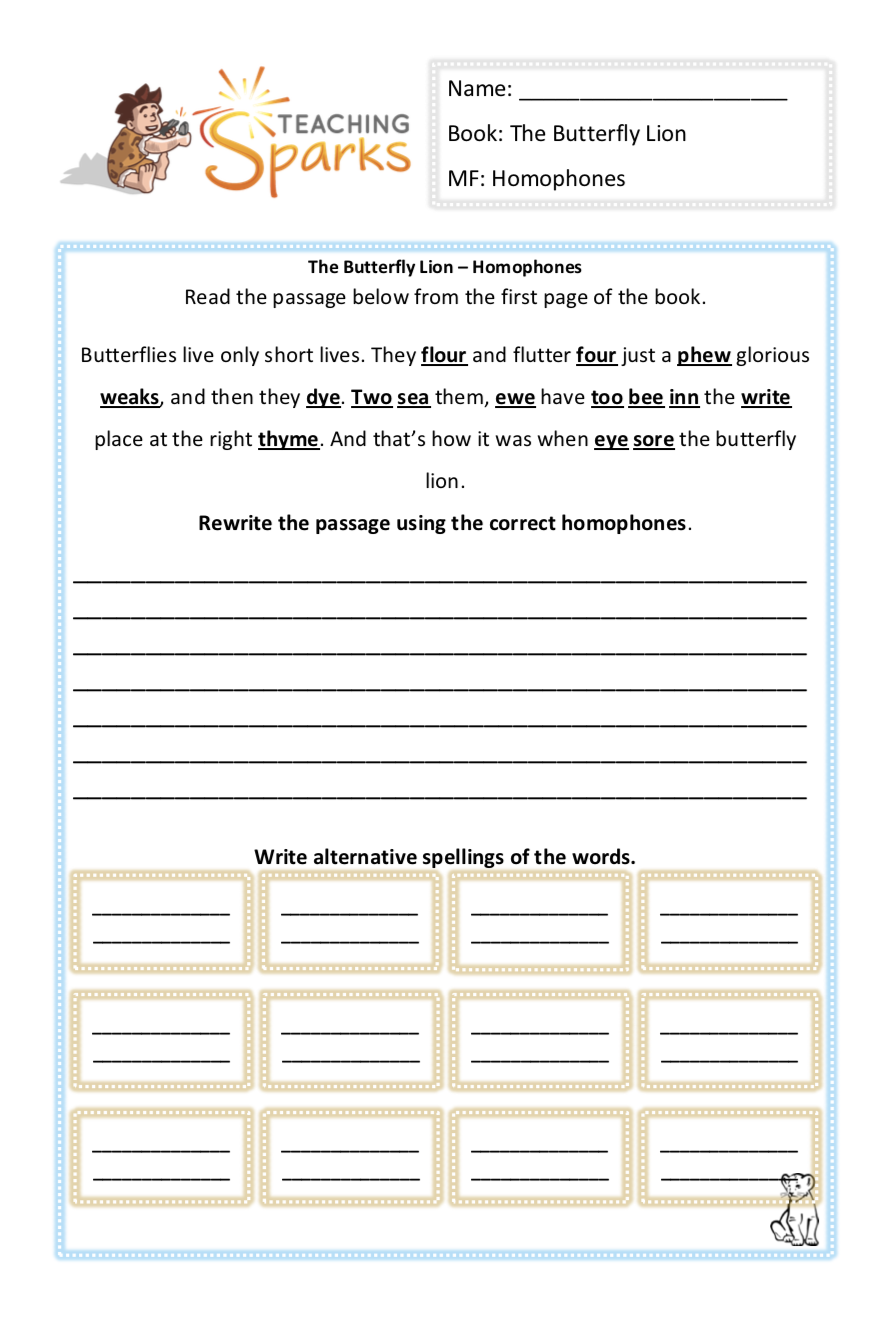
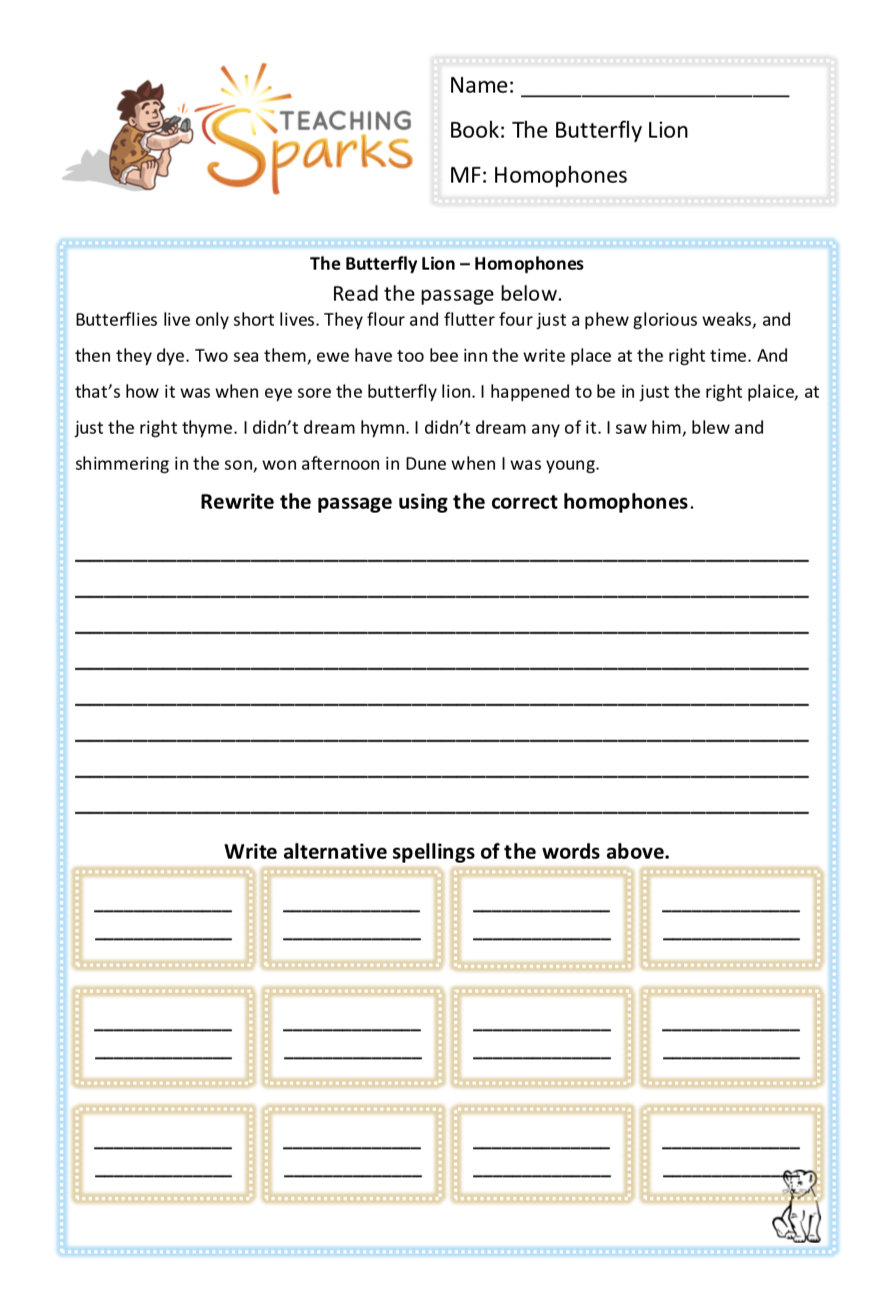
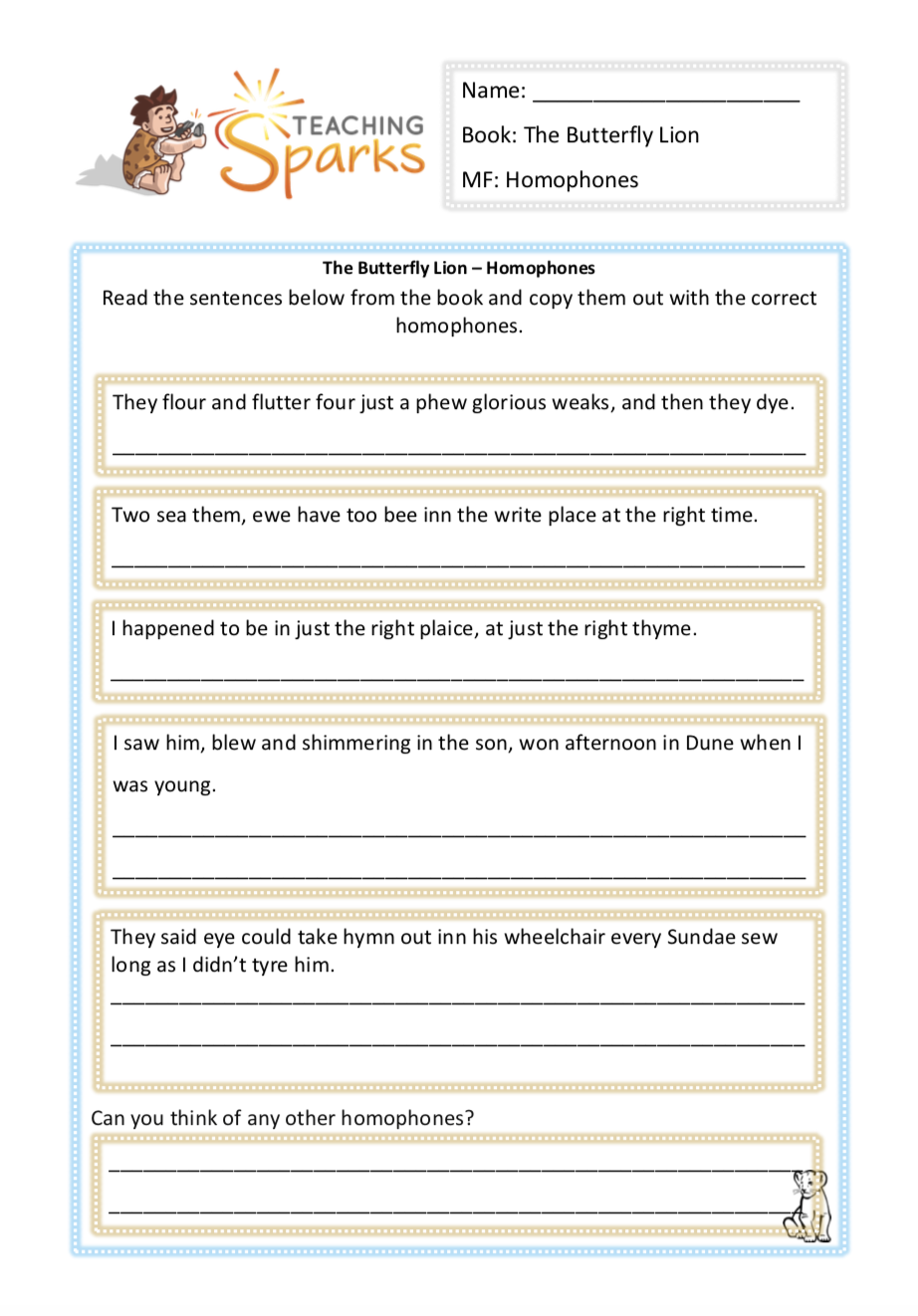
This resource encourages your class to identify and begin to use the correct homophones within the context of the story.
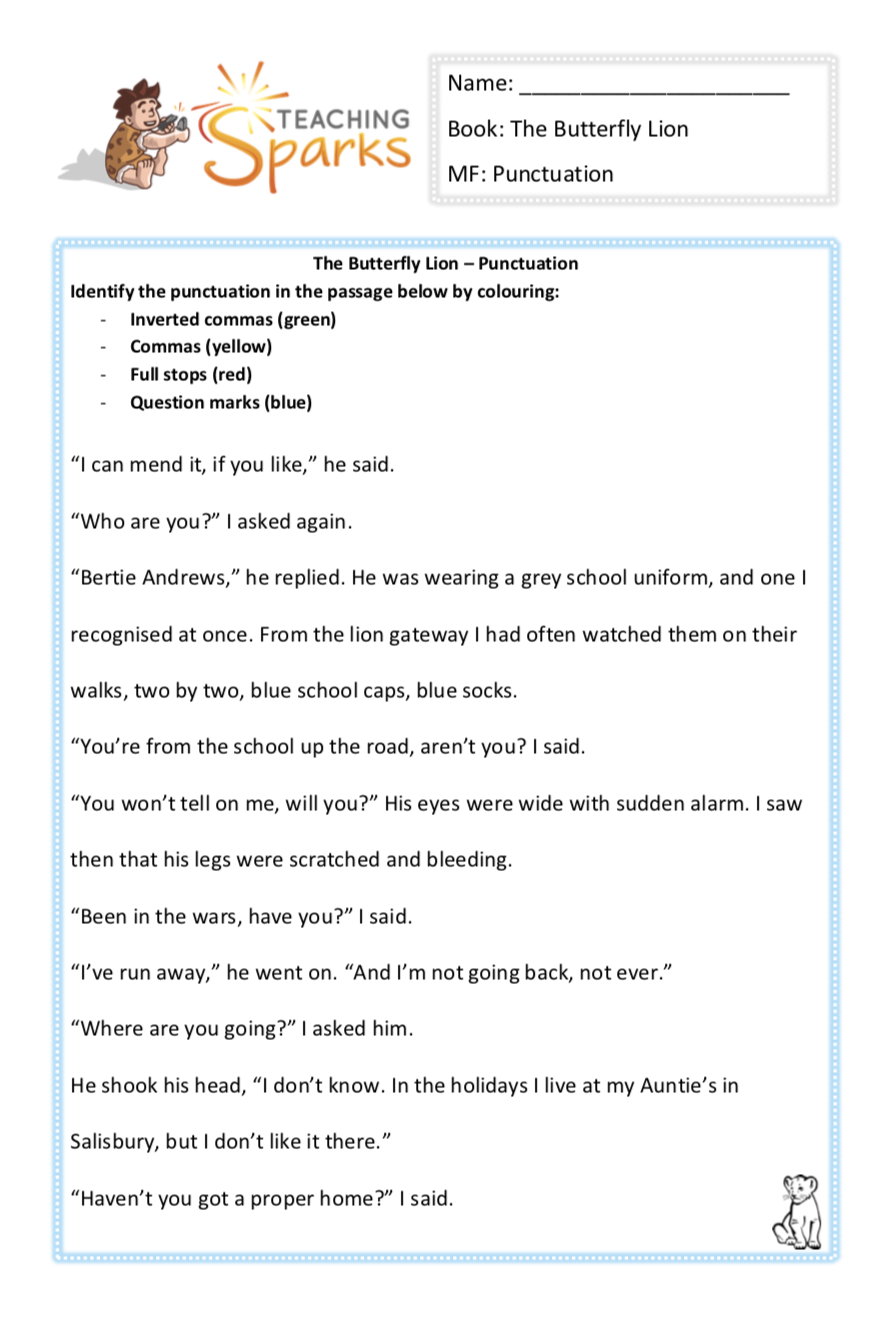
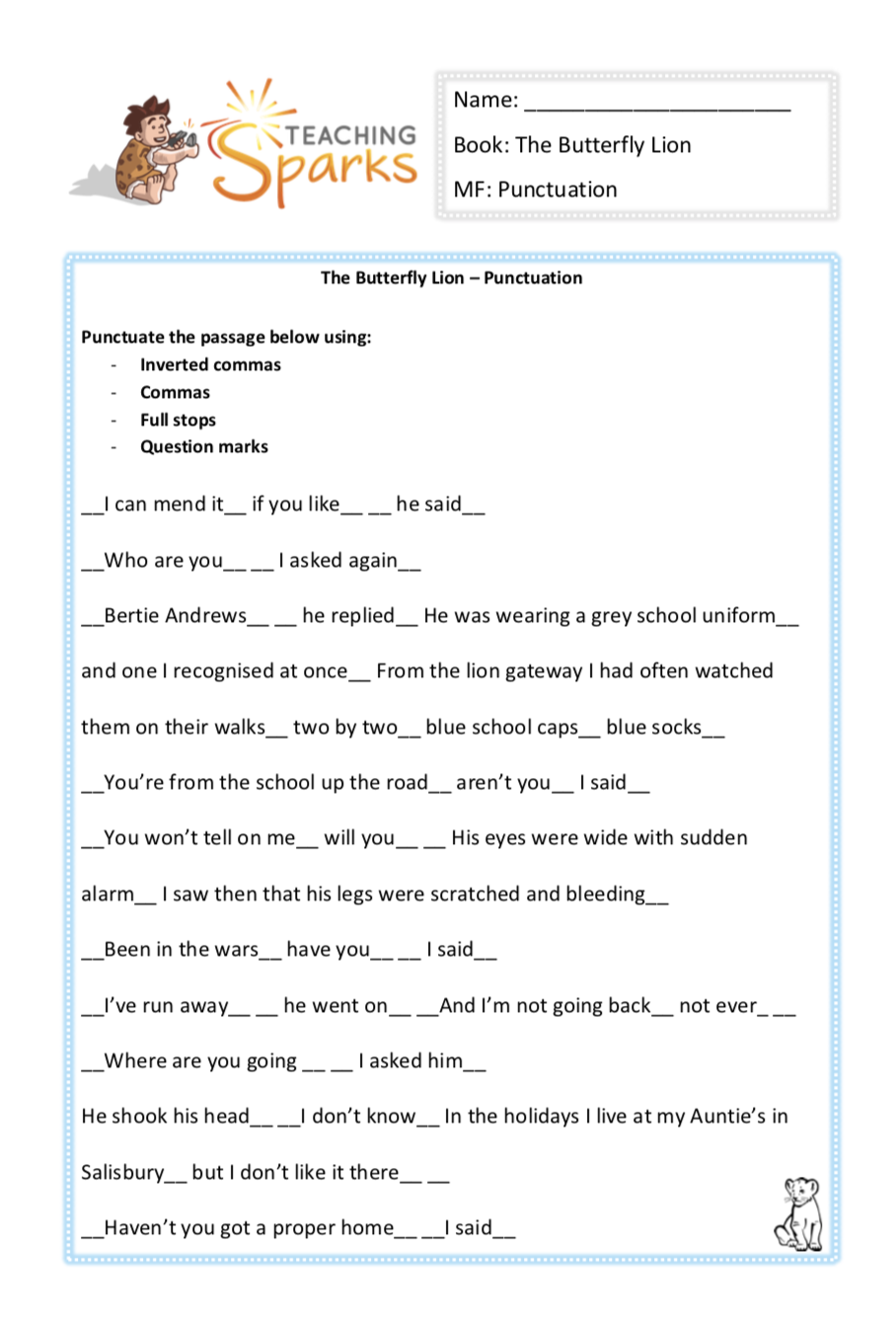
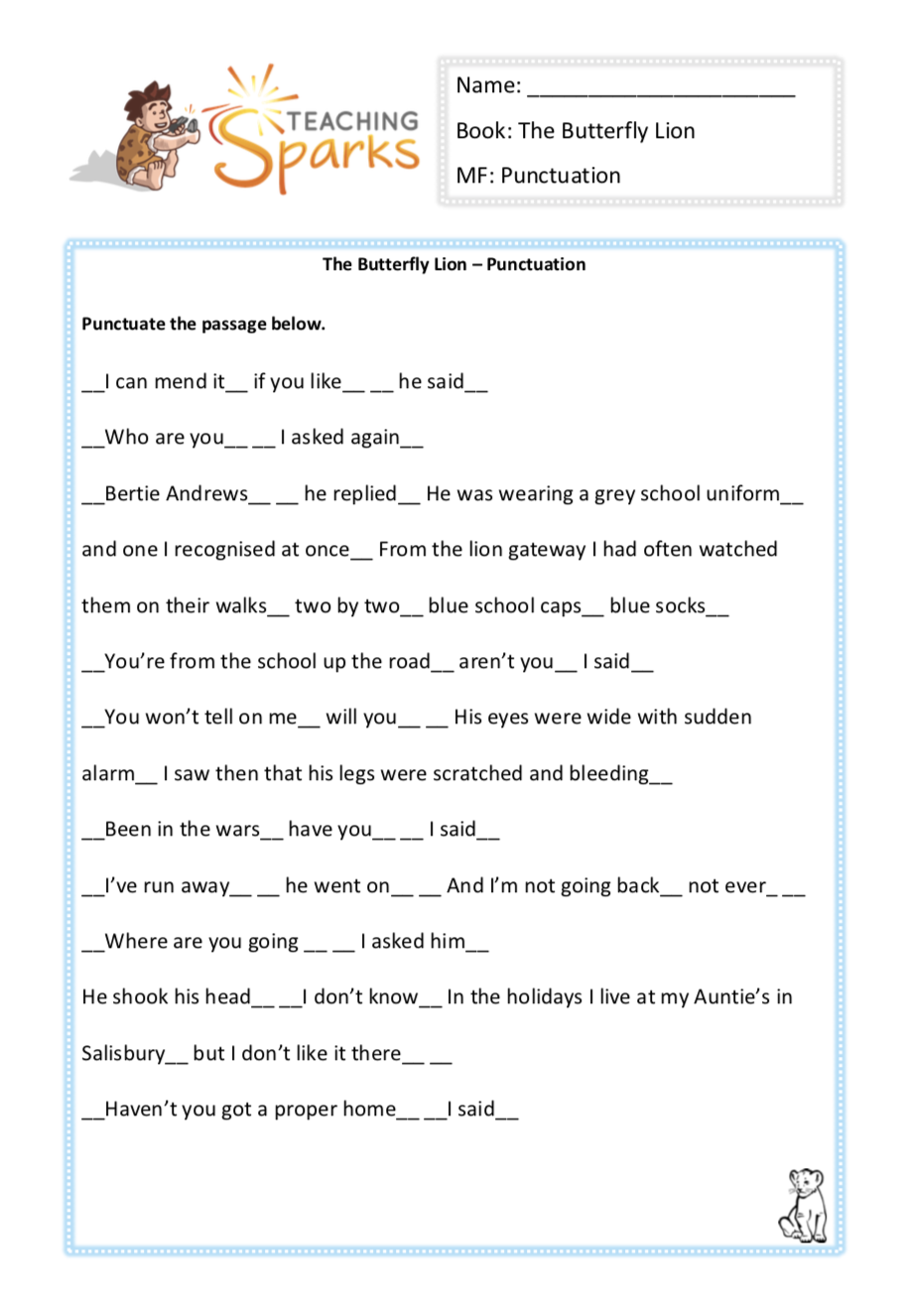
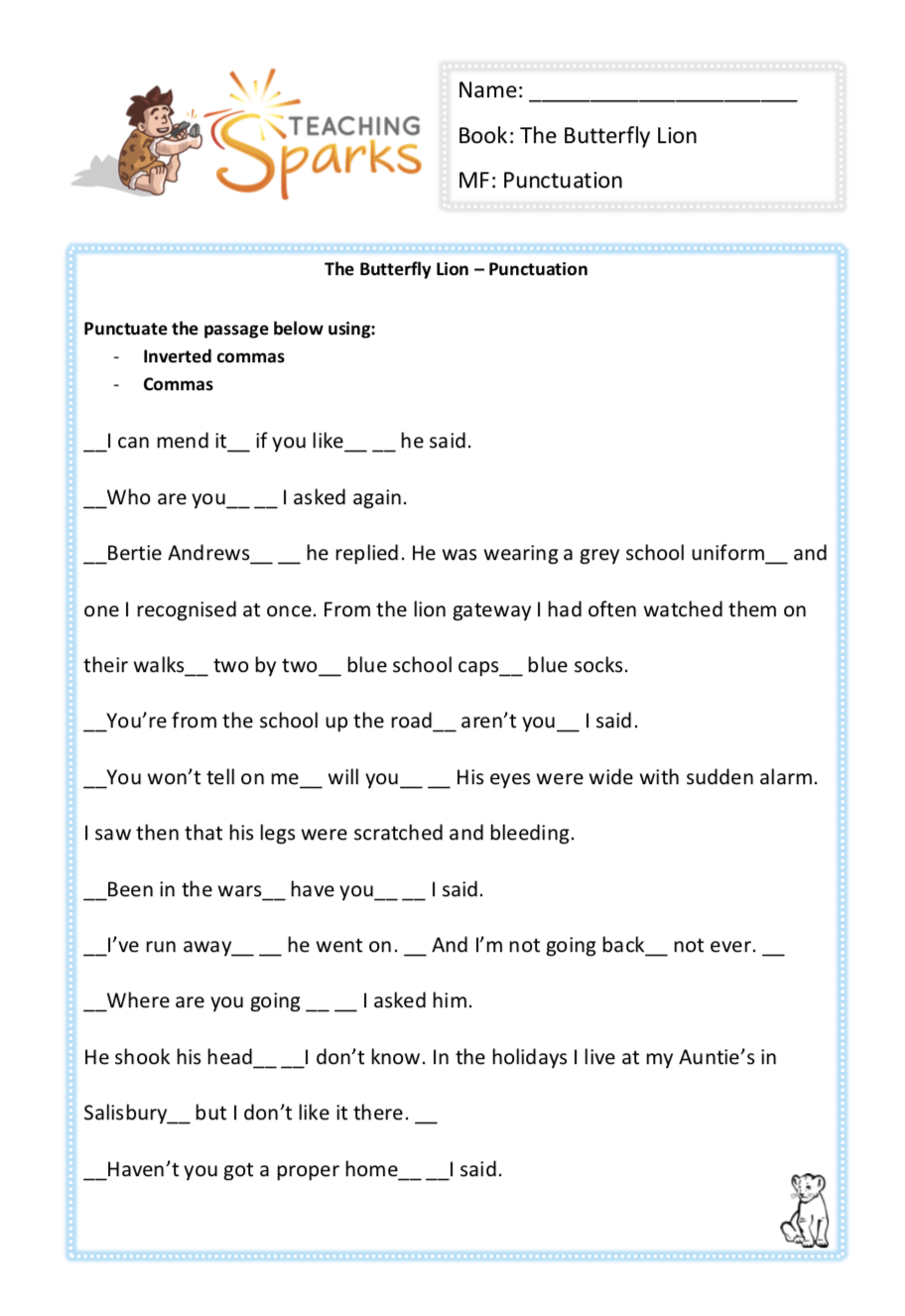
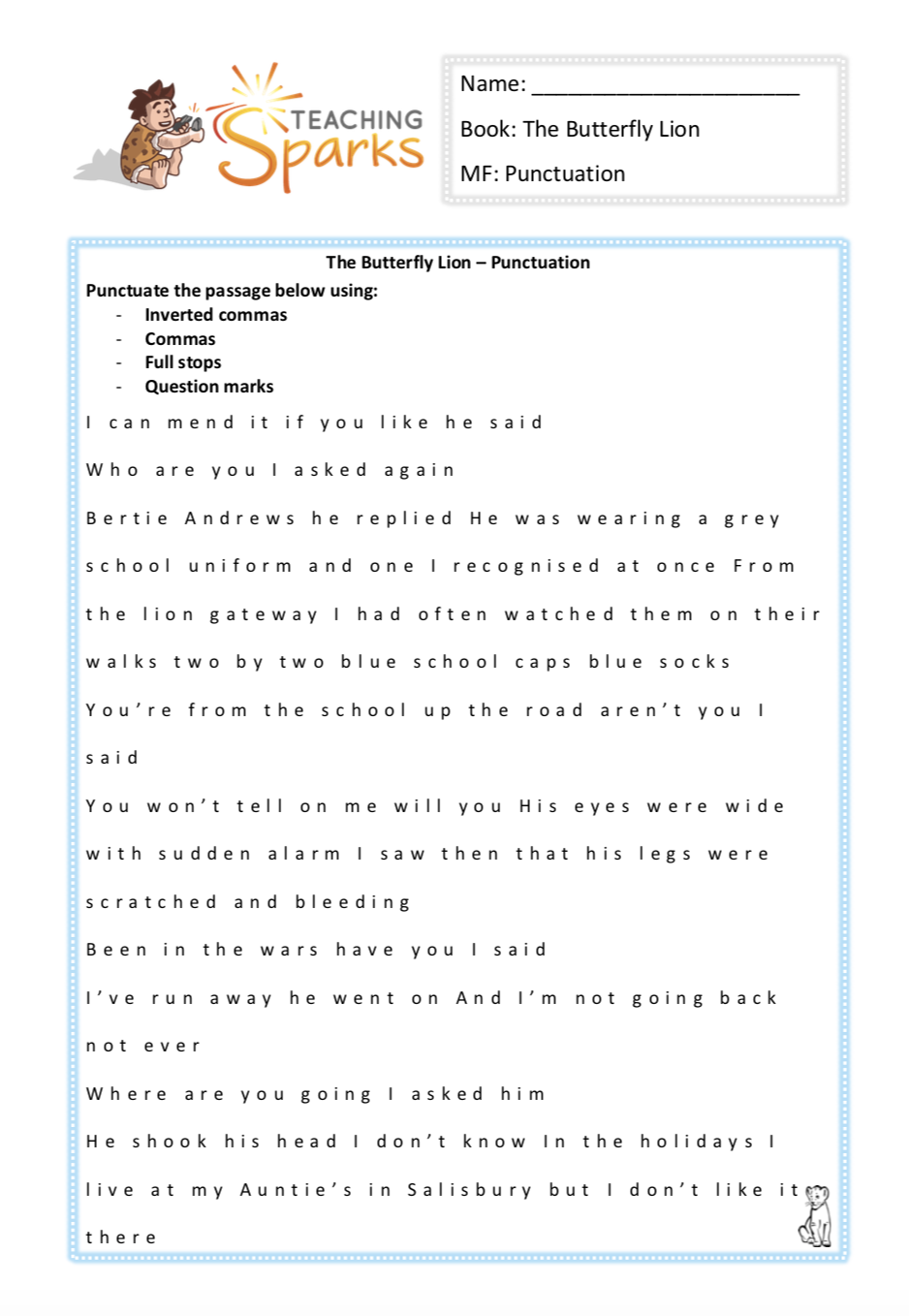
This is a brilliant resource to help your children with punctuating text. Your class will be challenged to insert or identify: – Inverted commas – Commas – Full stops – Question marks
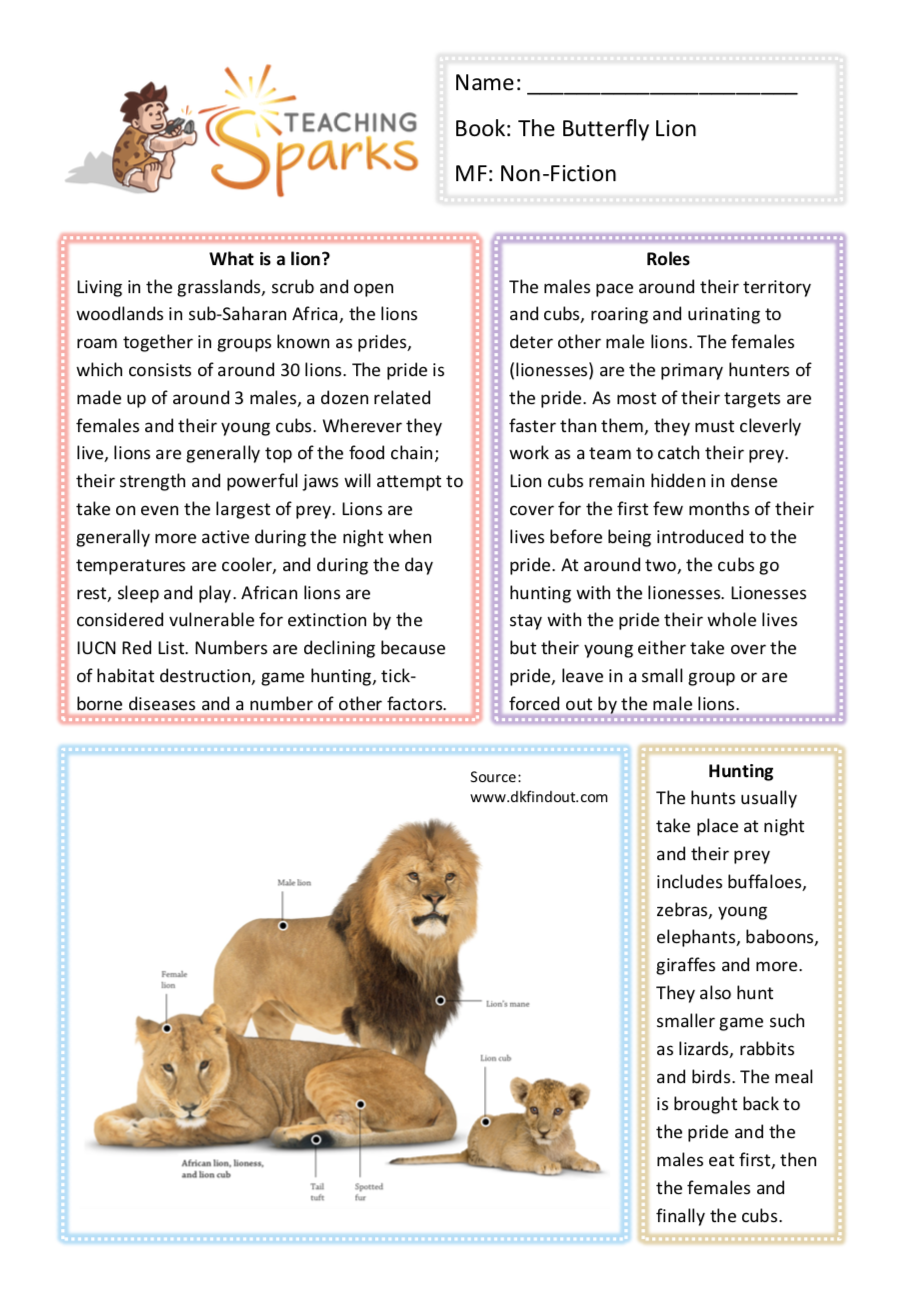
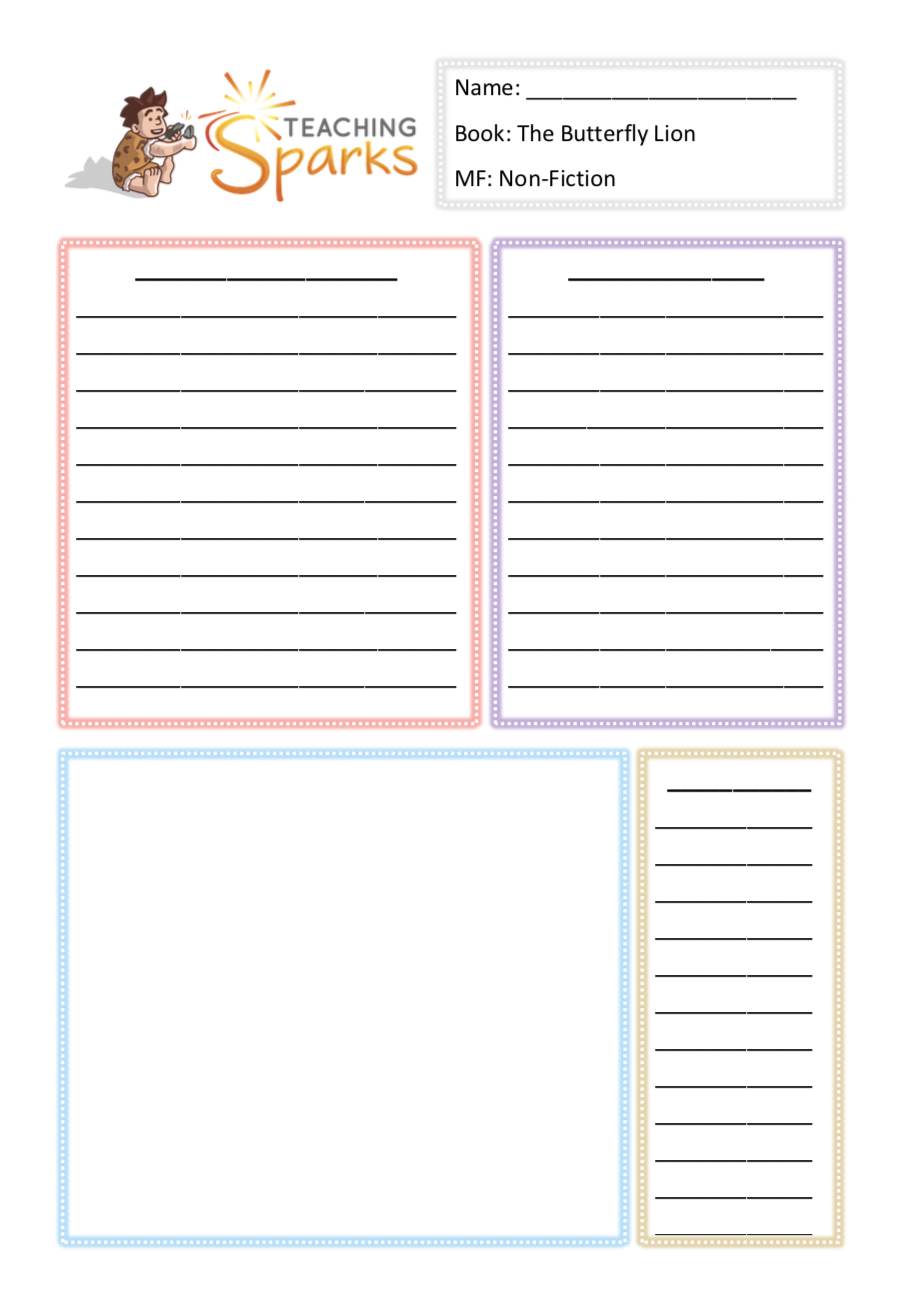
Wherever they live, lions are generally top of the food chain; their strength and powerful jaws will attempt to take on even the largest of prey. Ignite an interest in lions by exploring our non-fiction resource to help children gain an insight to the dynamics of lions and their prides.
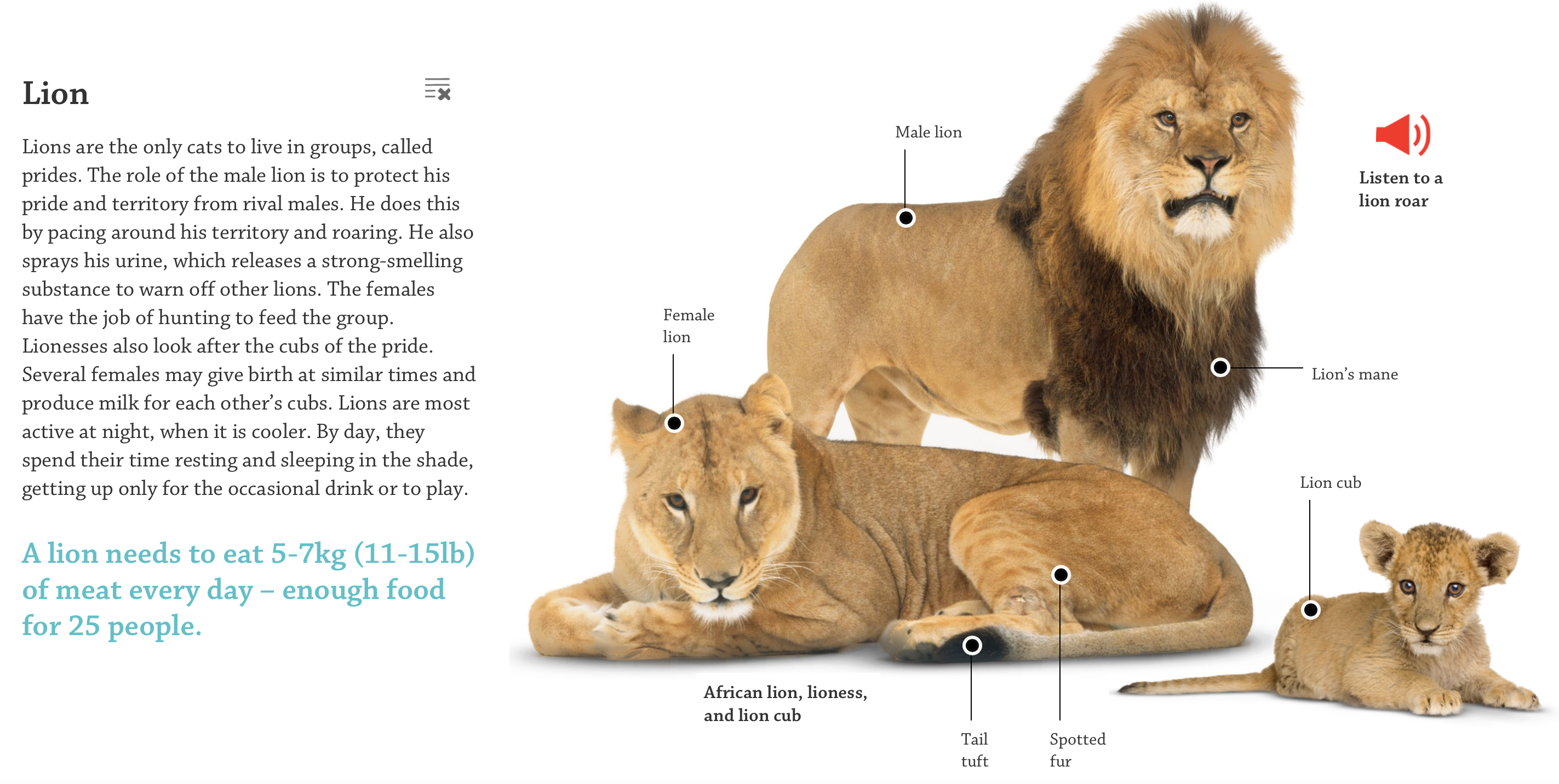
Lions are the only cats to live in groups. These groups are known as prides. Lions are social animals Prides can have as few as five lions, and as many as forty. Allow your children to learn more about lions.
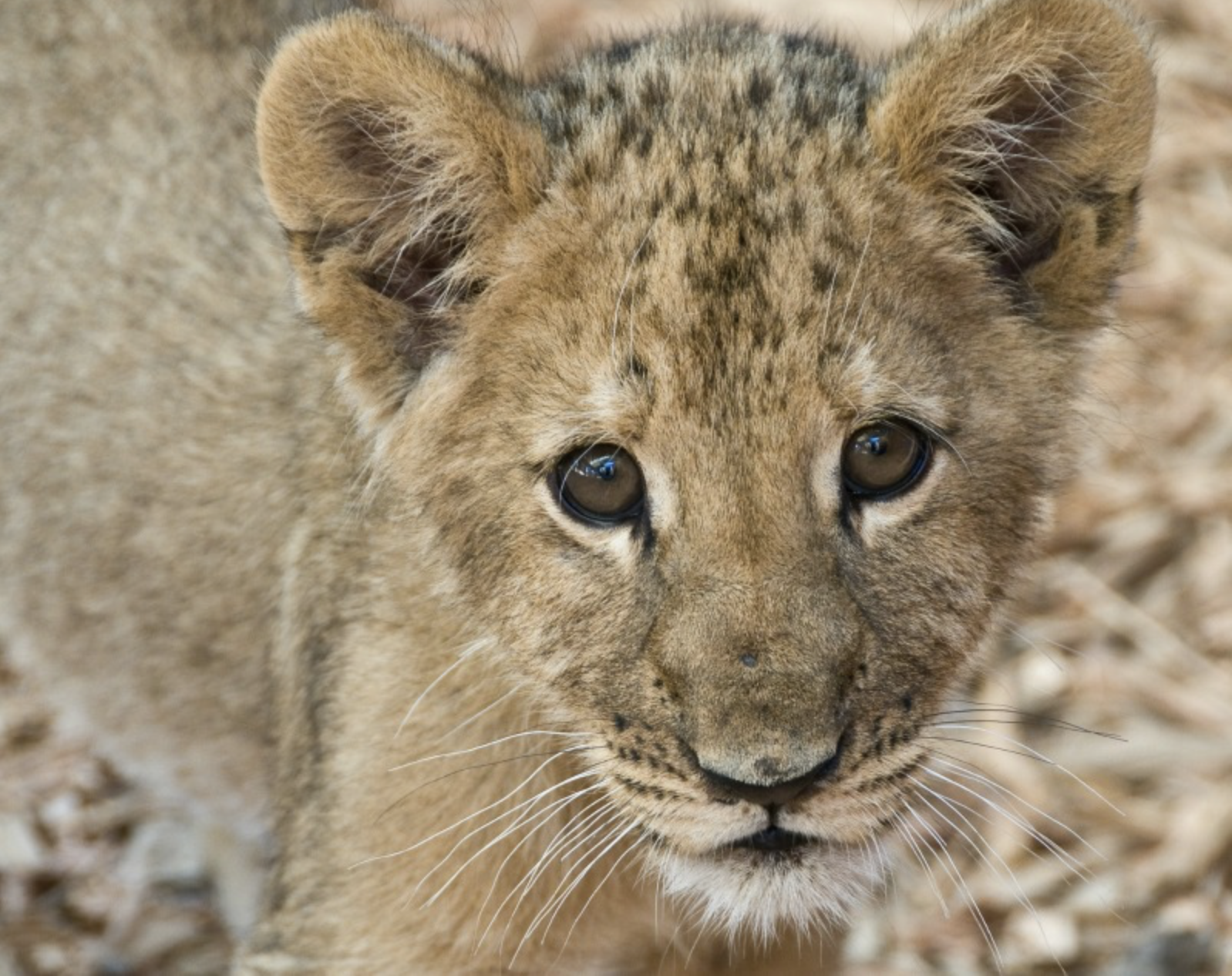
Allow your class to learn more about lion cubs from this interesting resource. This resource also explores hunting of lions which makes for great discussions within the classroom.
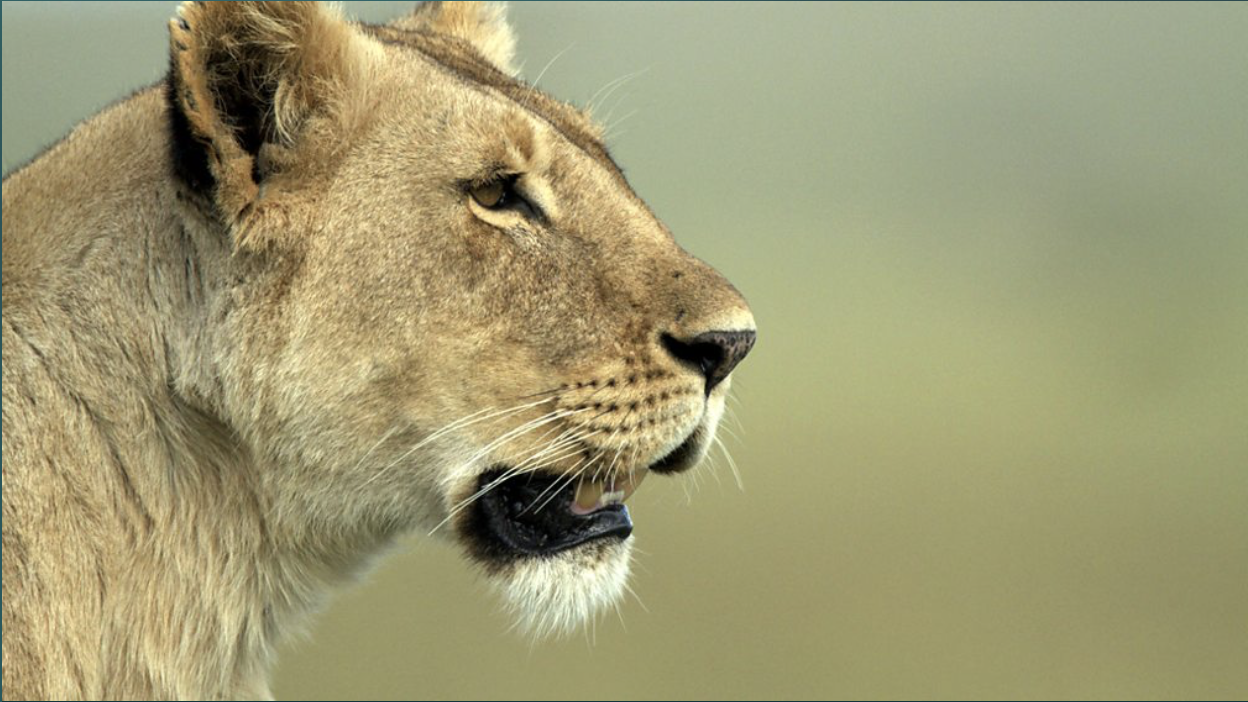
Check out the range of video resources to help your class get the most from their topic.